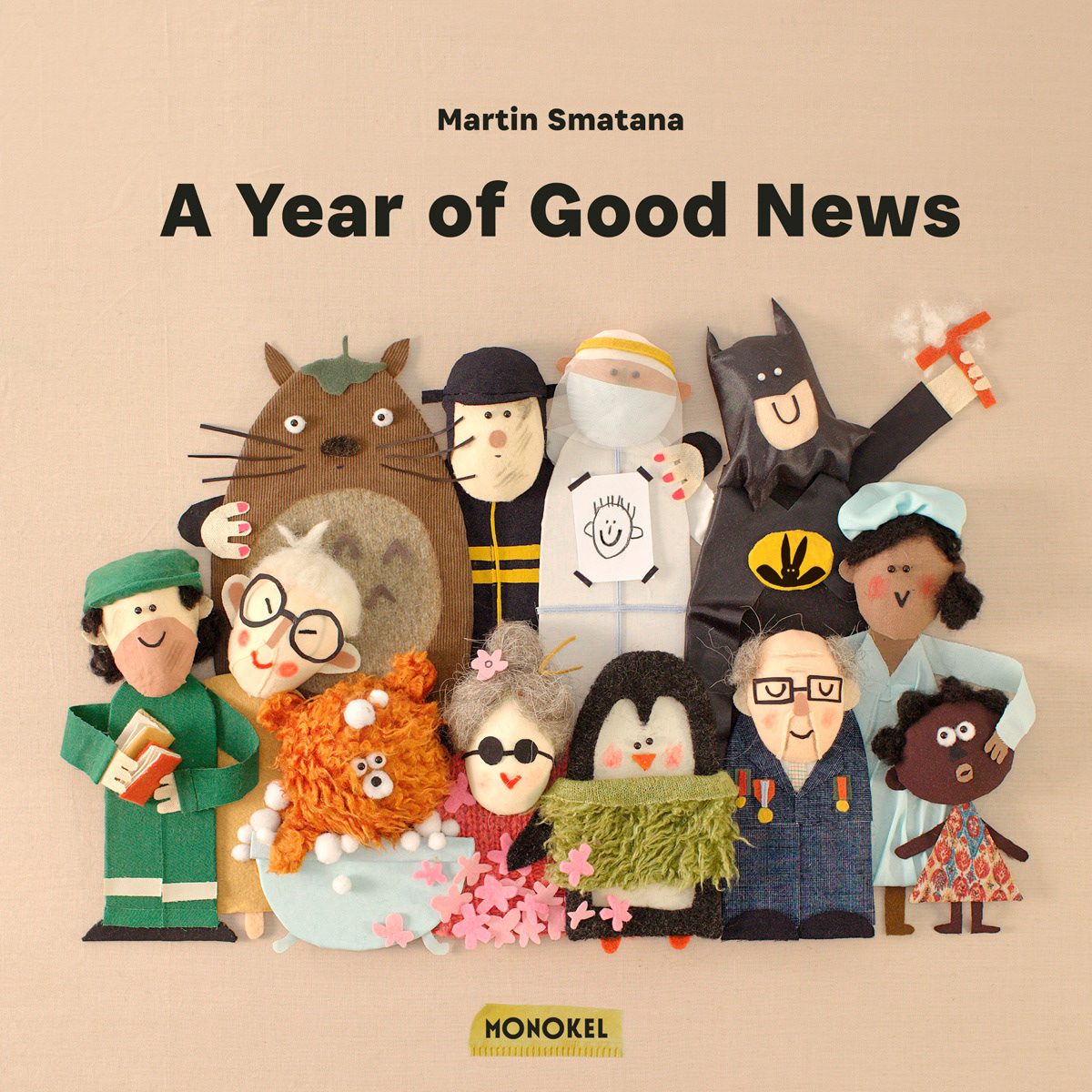A Year of Good News
Below you can find a full list of textile illustrations featured in the illustrated book
A Year of Good News by Martin Smatana.
Please note that this sub-page is not public and there is no direct access here from the main portfolio page. Images you find on this sub-page are not available for editorial or commercial use without the expressed permission of the copyright owner. You are not allowed to reproduce, publish or distribute this contnent without permission or a valid license. To get a license or other permission to use please contact me at martin@smatana.com. Thank you.
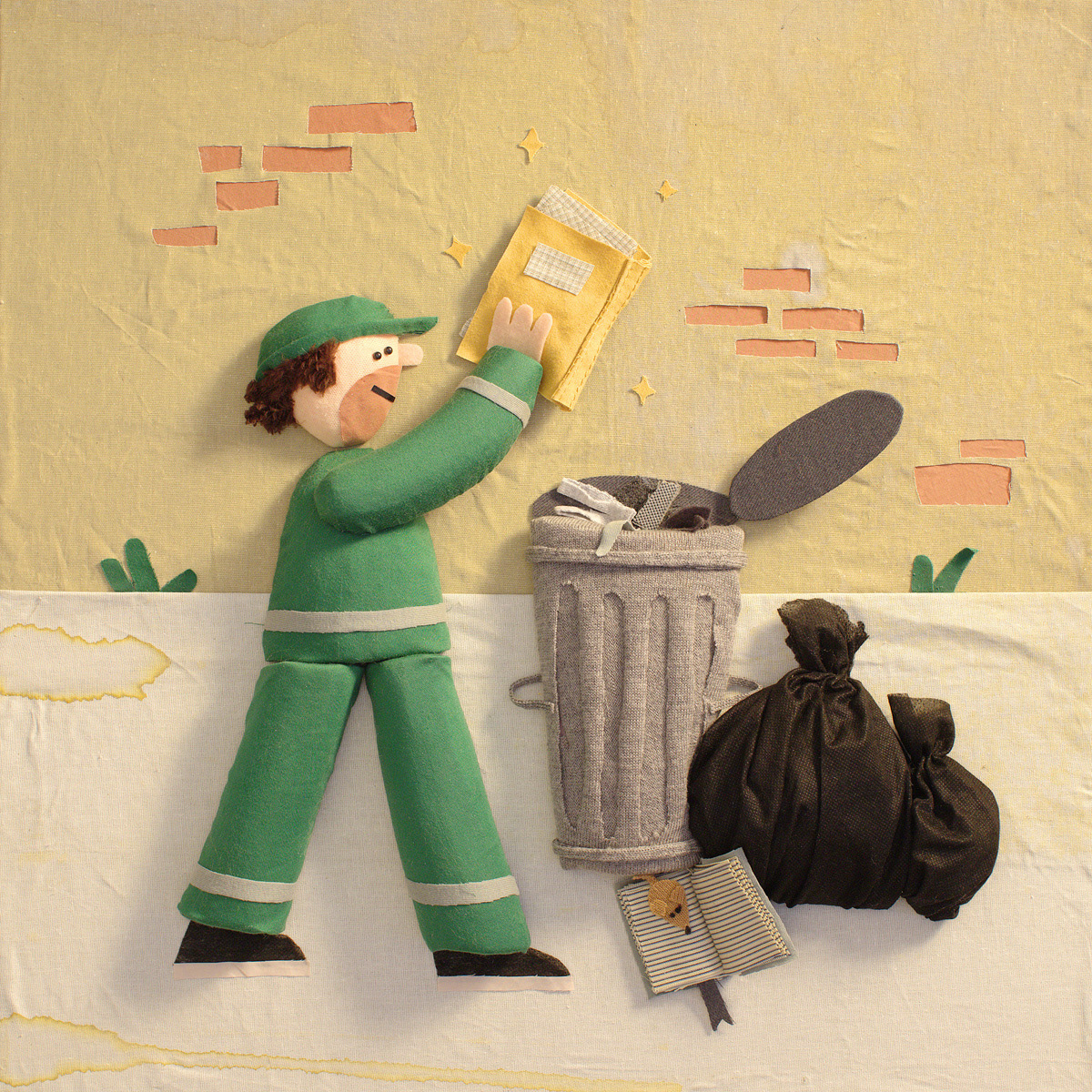
A garbage collector in Bogotá, Colombia, has collected over 25,000 books people had thrown out and now runs a public library for poor children on the ground floor of his house.
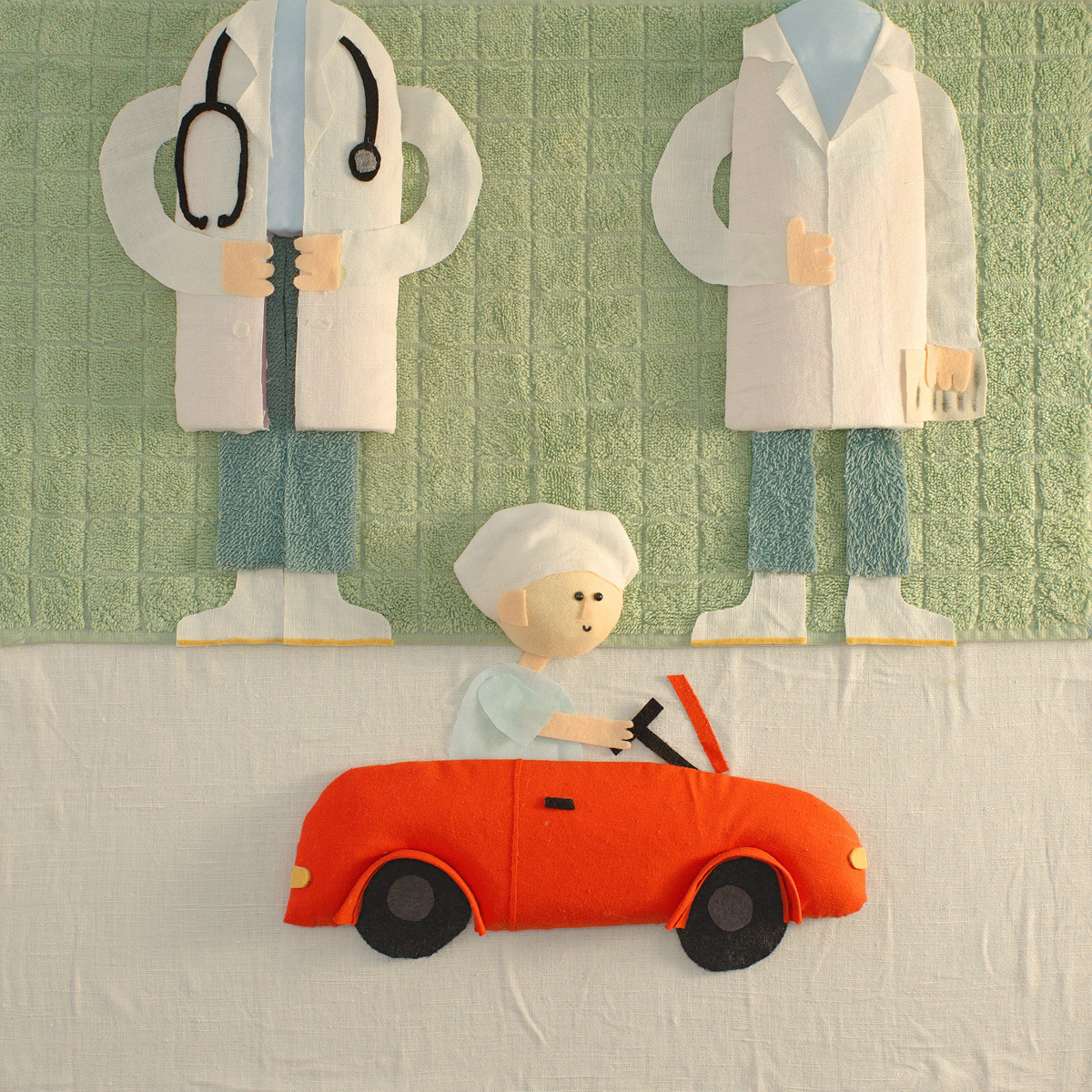
In a hospital in Valenciennes, France, children drive themselves to the operating theatre in electronic toy cars to help reduce their stress and fear of surgery.

The director of a zoo in New South Wales, Australia, brought home several red pandas saving them from a blazing bush fire.
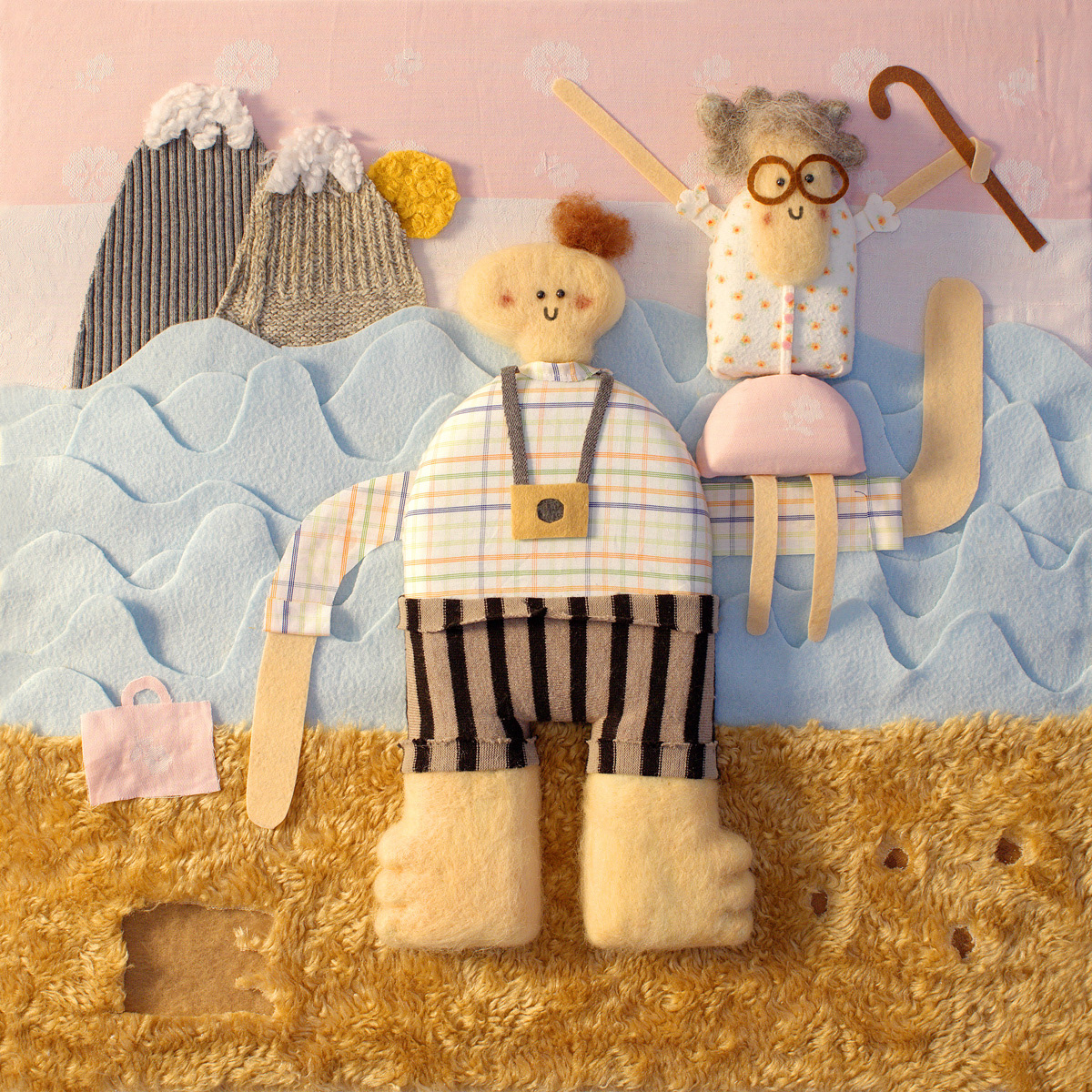
Since an 85-year-old grandma Joy admitted to her grandson Brad that she’d never seen the ocean or mountains, they have travelled all over the United States, covering 40,000 miles and visiting 62 national parks. Grandma Joy is now 91-years-old and she is still travelling with her grandson. On Epic Cross-Country Trip
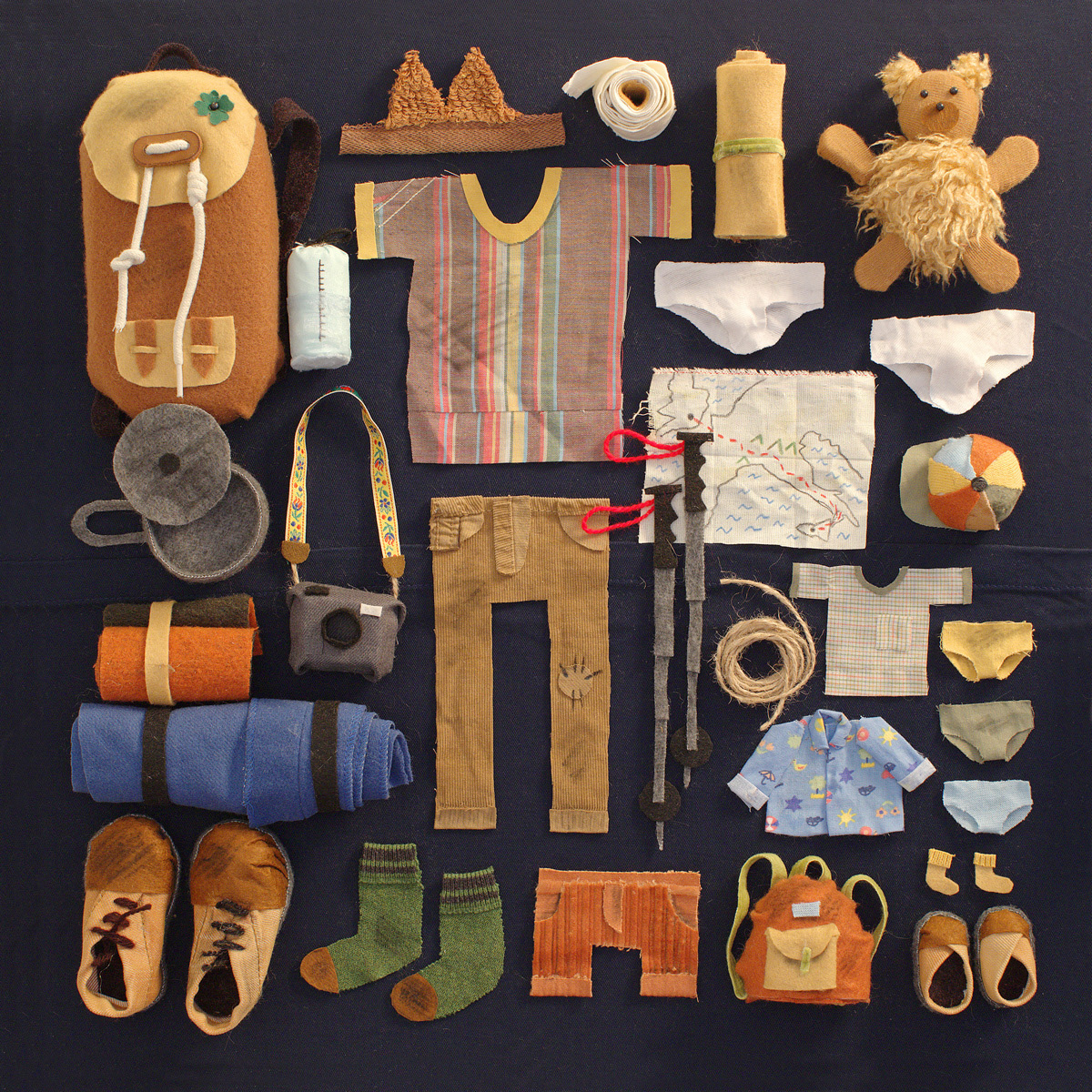
As flights from Italy were cancelled due to the pandemic, a ten-year-old boy decided to walk with his father to visit his grandma in London. After 93 days, 2.800 kilometres and two weeks in quarantine, they made it to Trafalgar Square so boy could finally give a hug to his grandma.
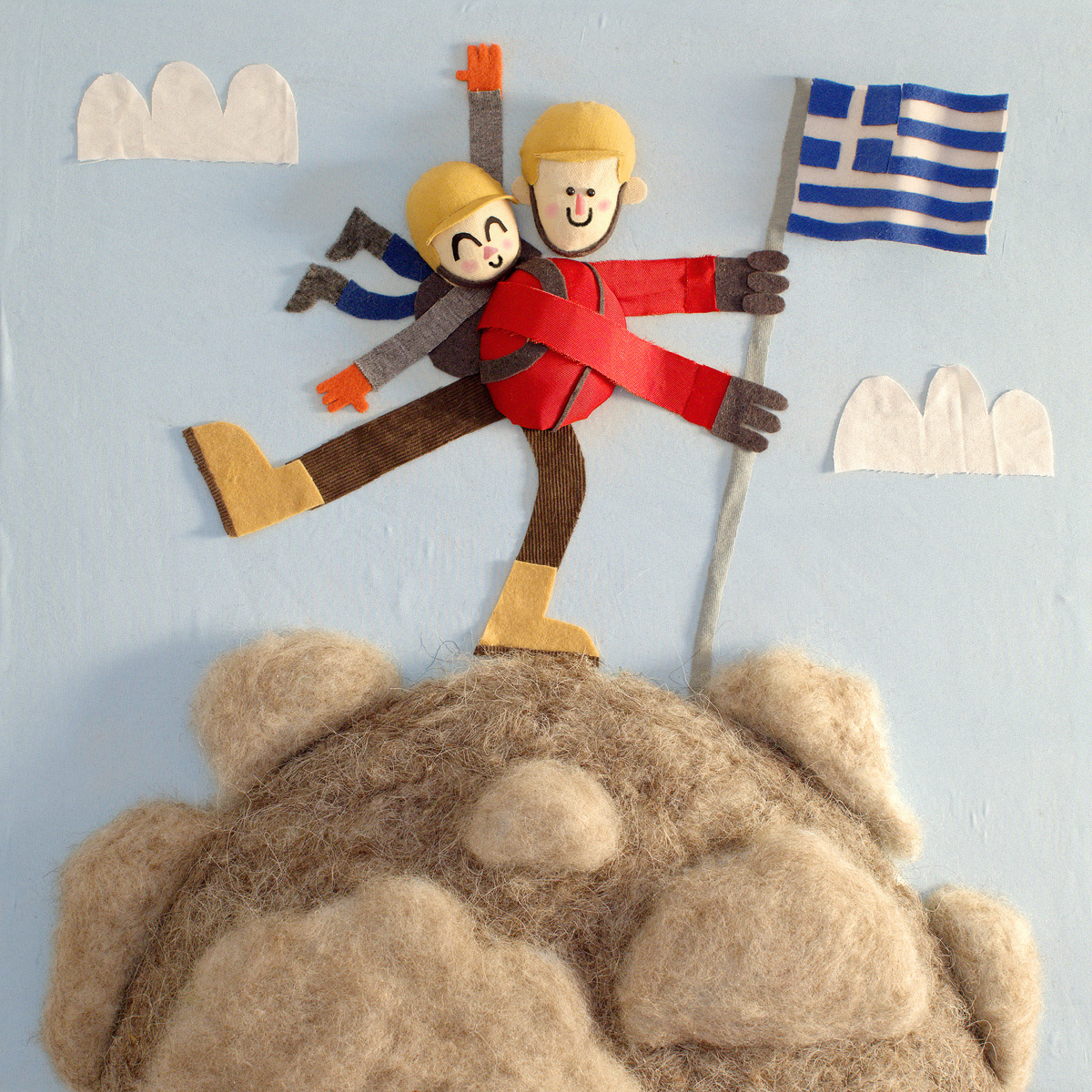
A 22-year-old student with disabilities dreamed of climbing Mount Olympus. Her dream came true when an endurance runner carried her to Greece‘s highest peak in a specially-modified backpack.
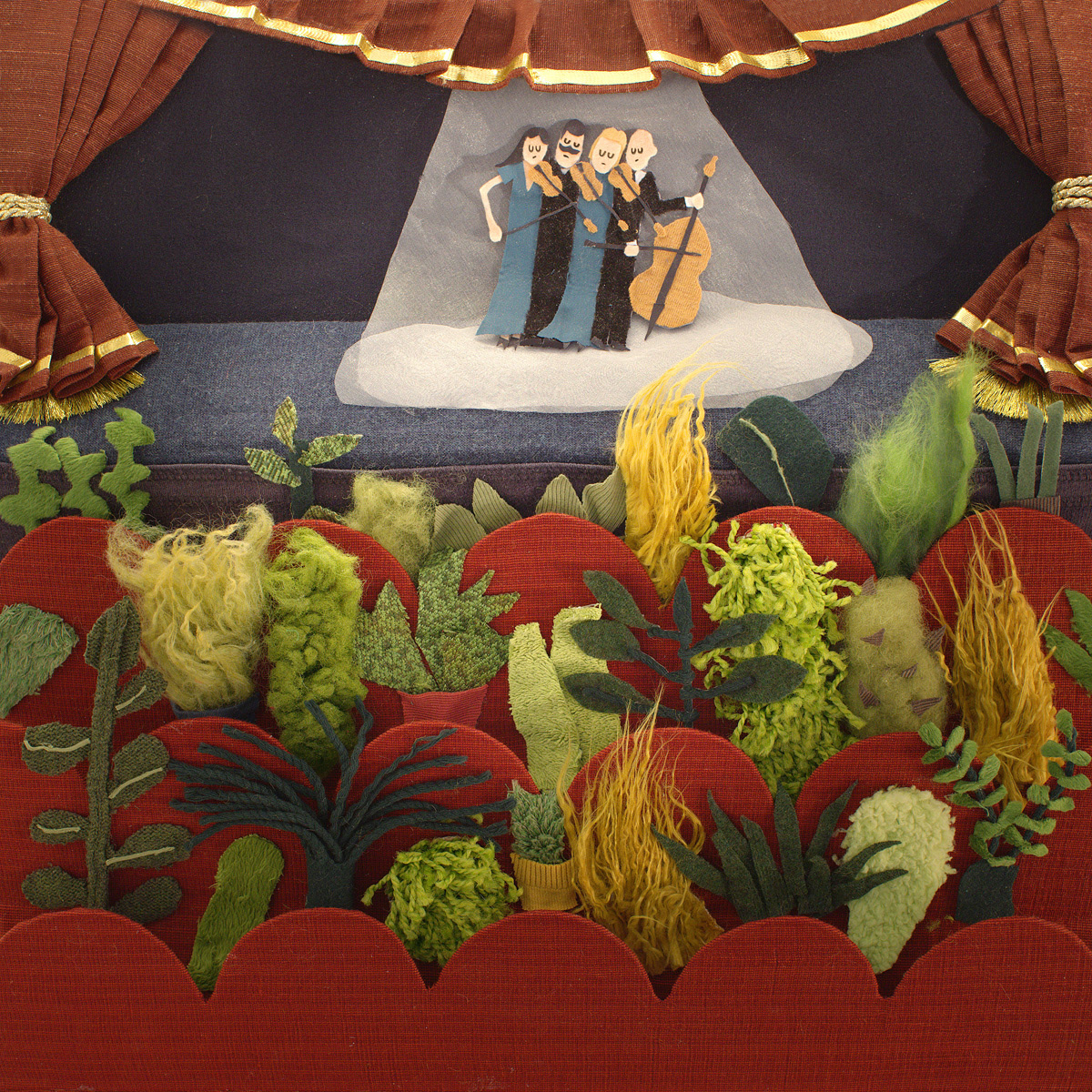
When public events were cancelled in Barcelona, a string quartet performed Puccini‘s Chrysanthemums at the local opera house in front of an audience of 2,292 houseplants. These were later given to health workers to show gratitude for fighting the pandemic.
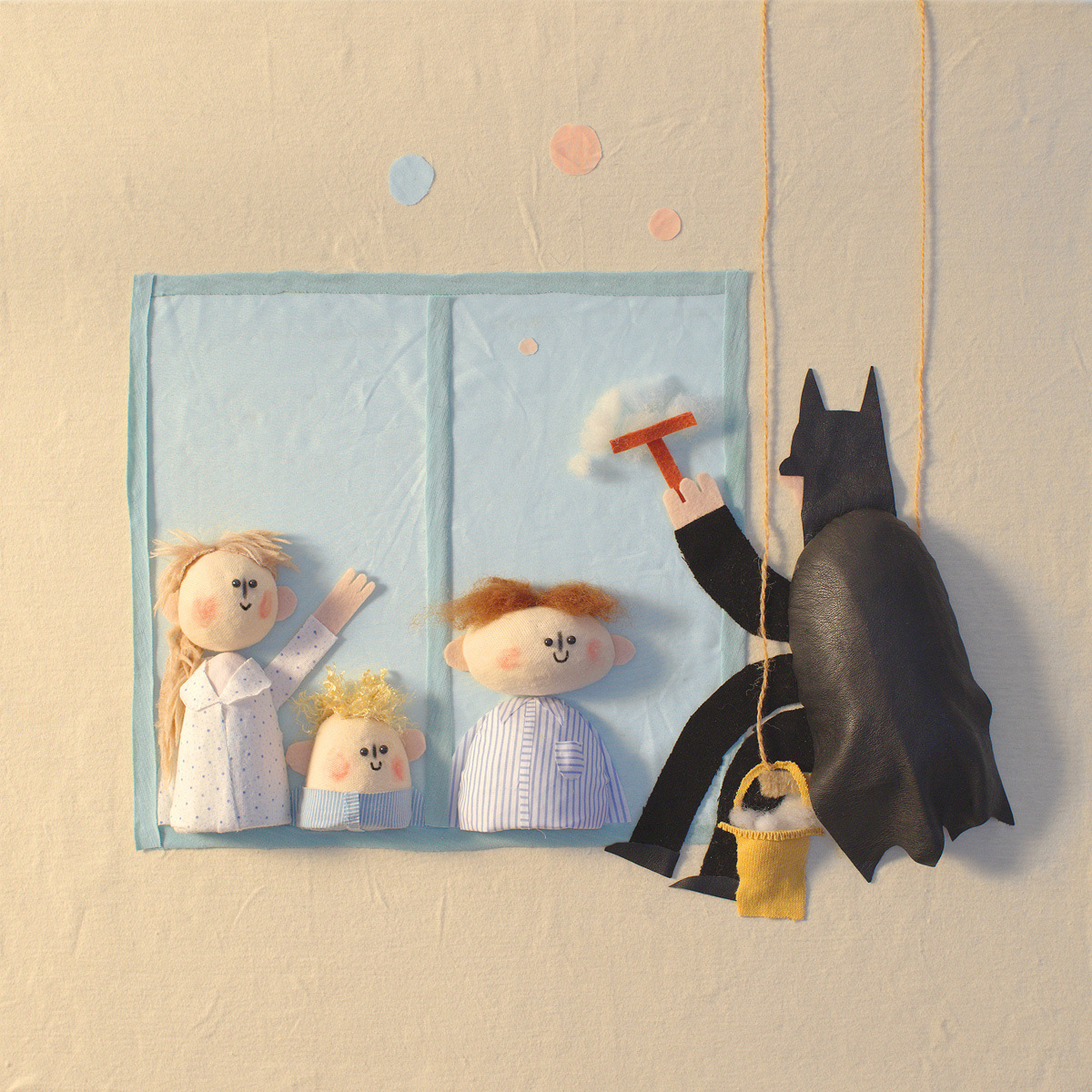
Window cleaners in Kingston, Ontario, dressed as superheroes to cheer up patients in a children’s hospital. Iron Man, Hulk, Spider Man and Batman tackled the dirty windows instead of crime.
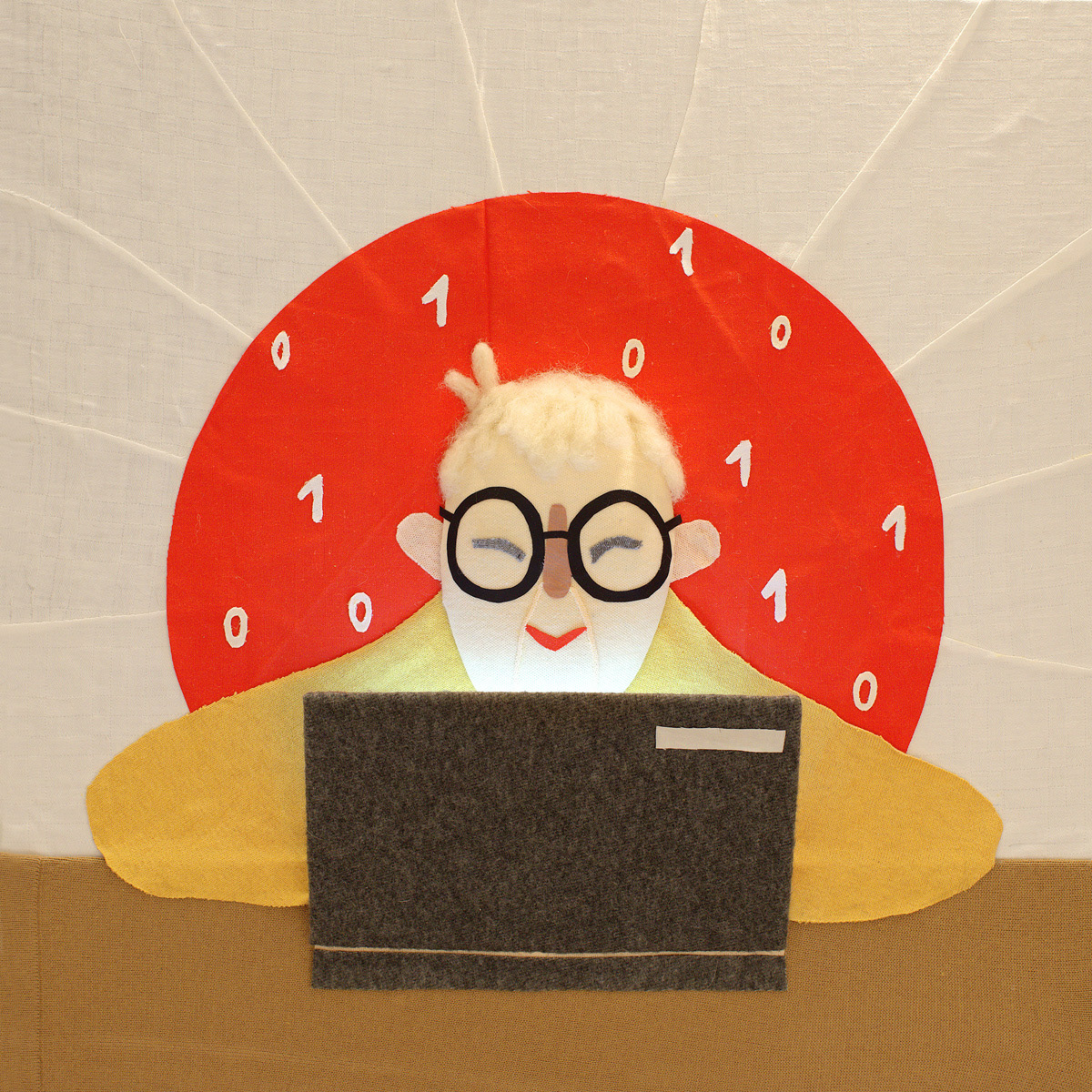
A Japanese grandma who couldn’t find a game she liked on her smartphone took up programming at the age of 81. After studying for three years she designed a game inspired by traditional puppet theatre which has since been downloaded by tens of thousands of users.
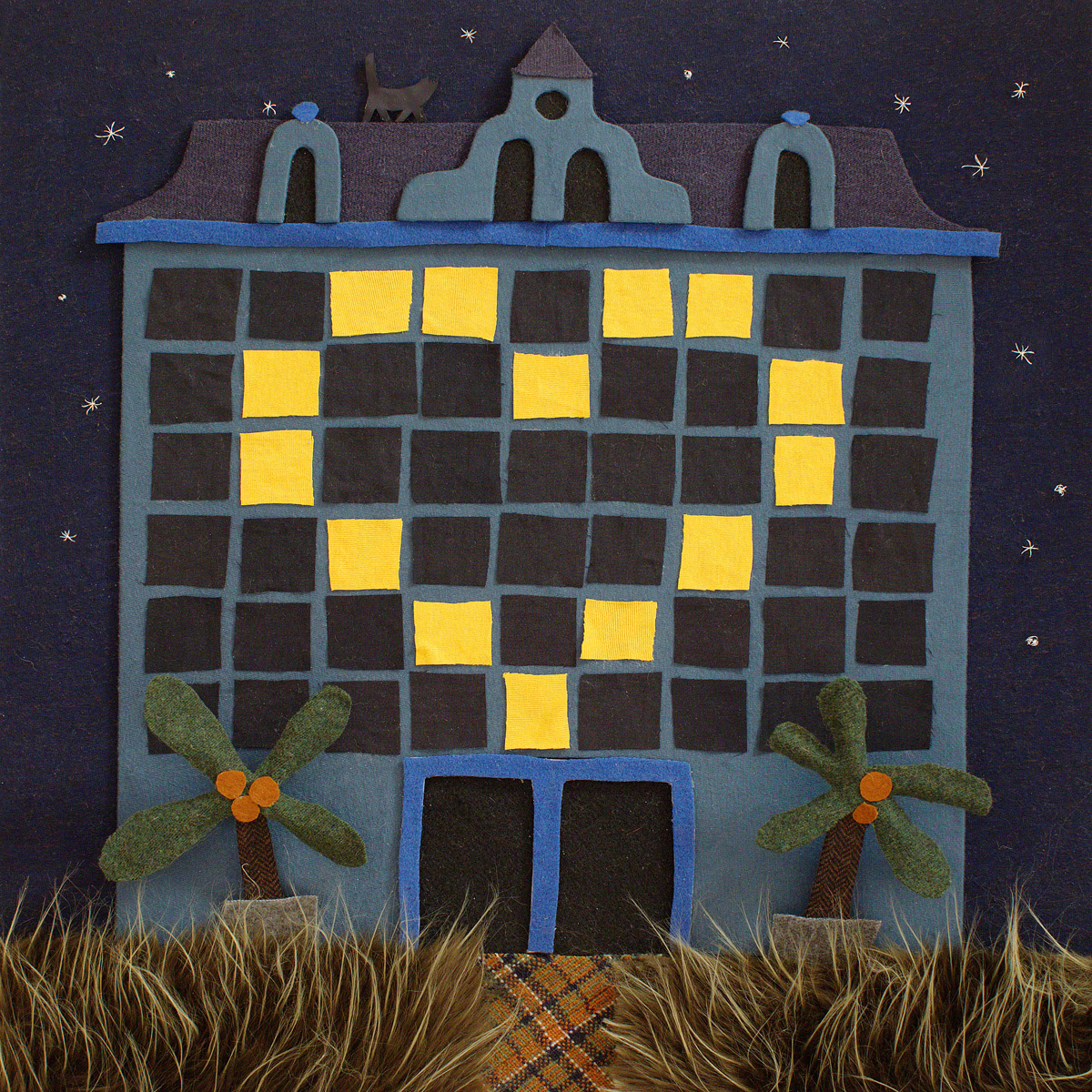
Hotels around the world that were forced to close because of the pandemic lit up their windows in the shape of a heart to give hope to people in these challenging times.
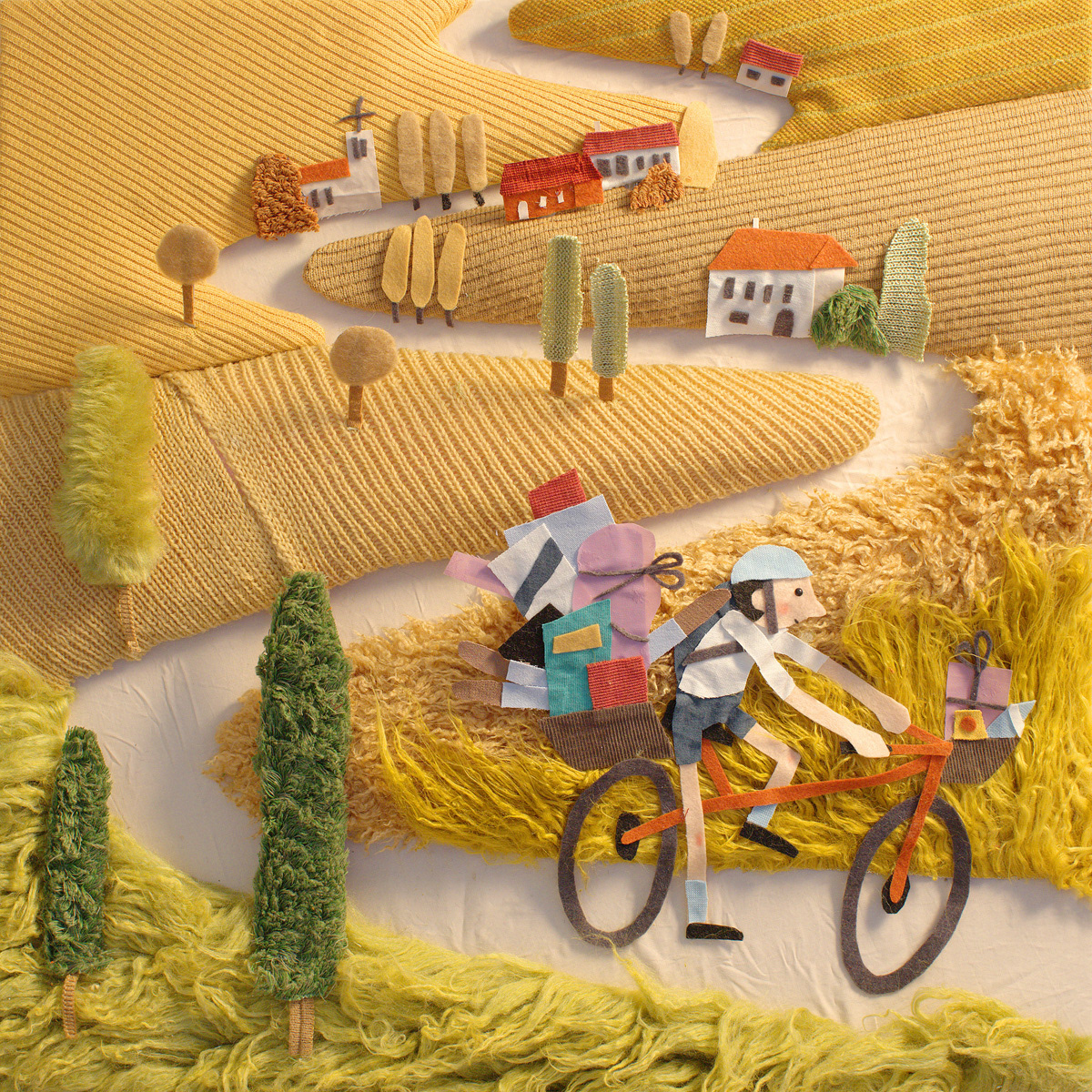
A professional cyclist in Italy delivered medicines and food to his pandemic-affected home town in appreciation for the locals’ supporting him during the sporting season.
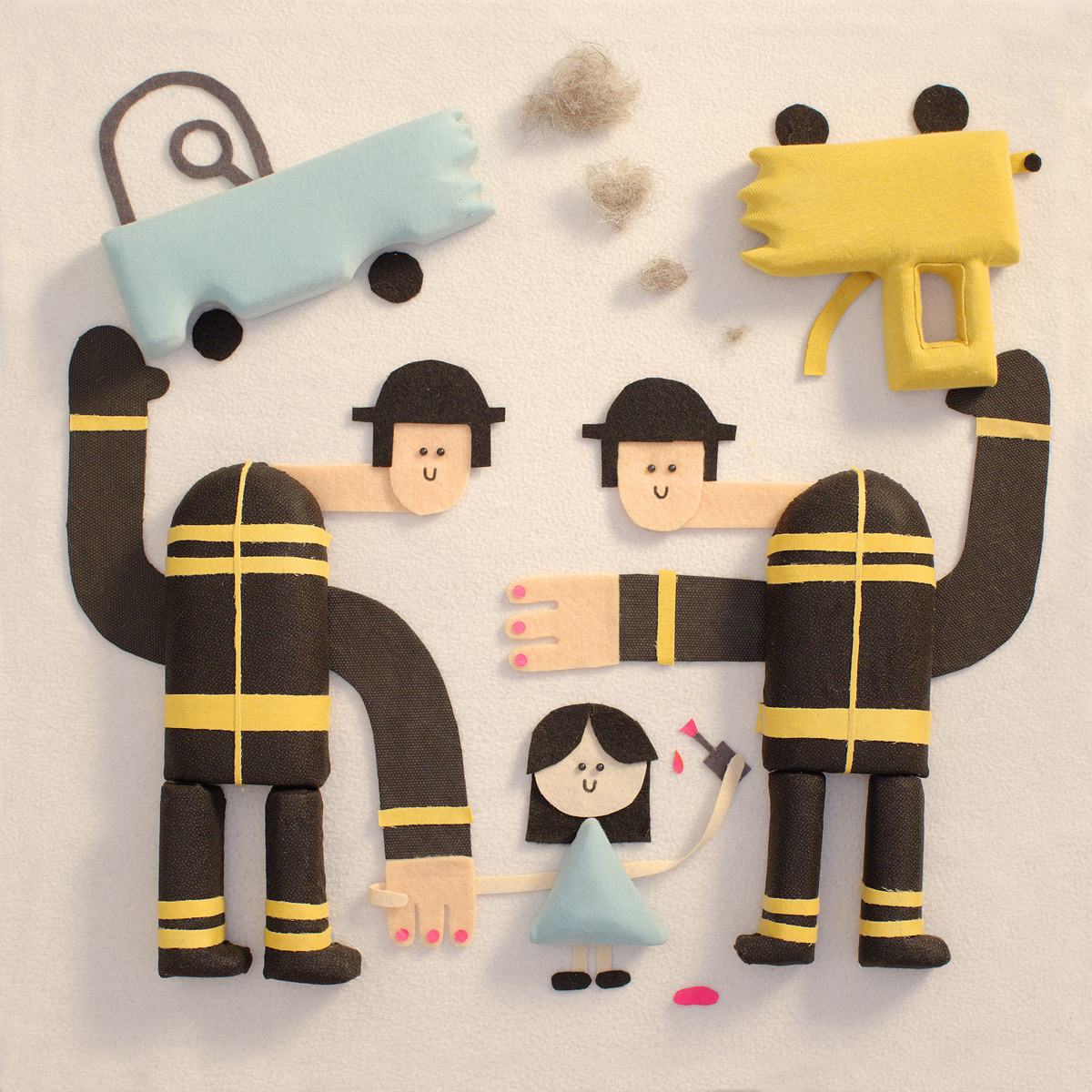
Firefighters in Utah, USA, cheered up a little girl who was terrified after being in a car crash by letting her paint their fingernails.
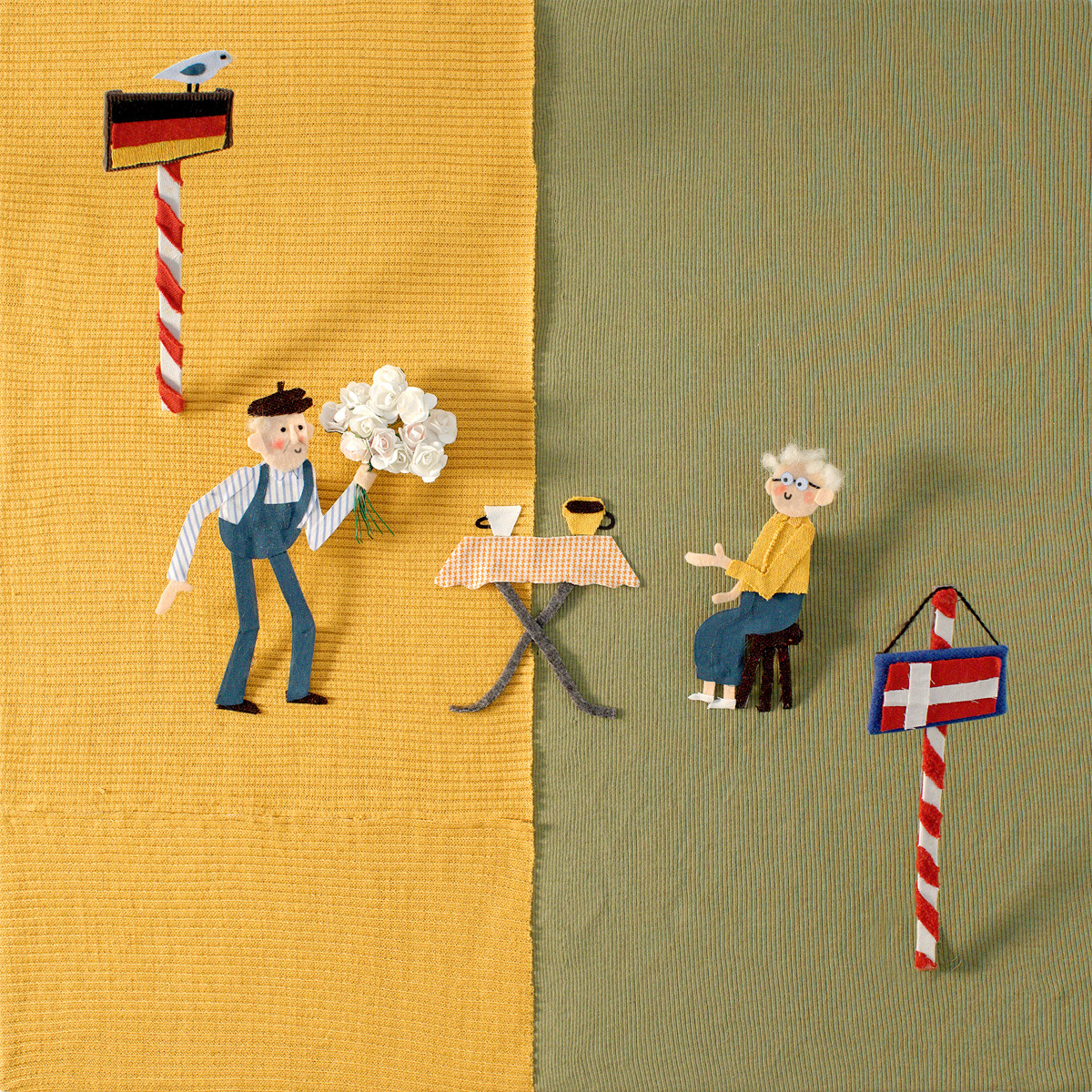
When the closure of borders prevented an 85-year-old German woman and an 89-year-old Danish man from visiting each other, they found a spot where only a single barrier divided the two countries. There they met every day, sitting at a folding table, chatting and surprising each other with small gifts.
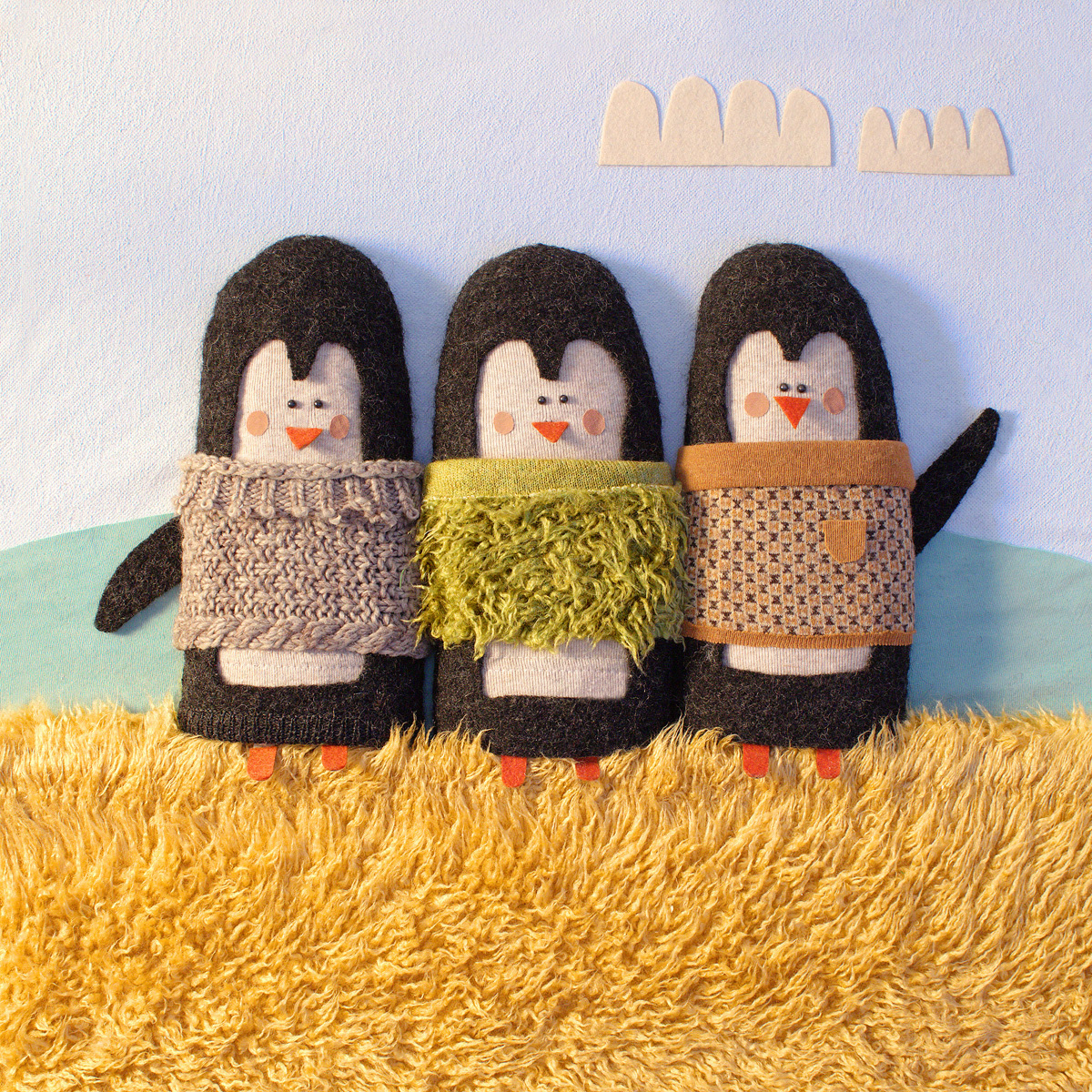
A 109-year-old man in Australia knitted woollen jumpers for penguins threatened by an oil leak to stop them swallowing the toxic oil while cleaning themselves.
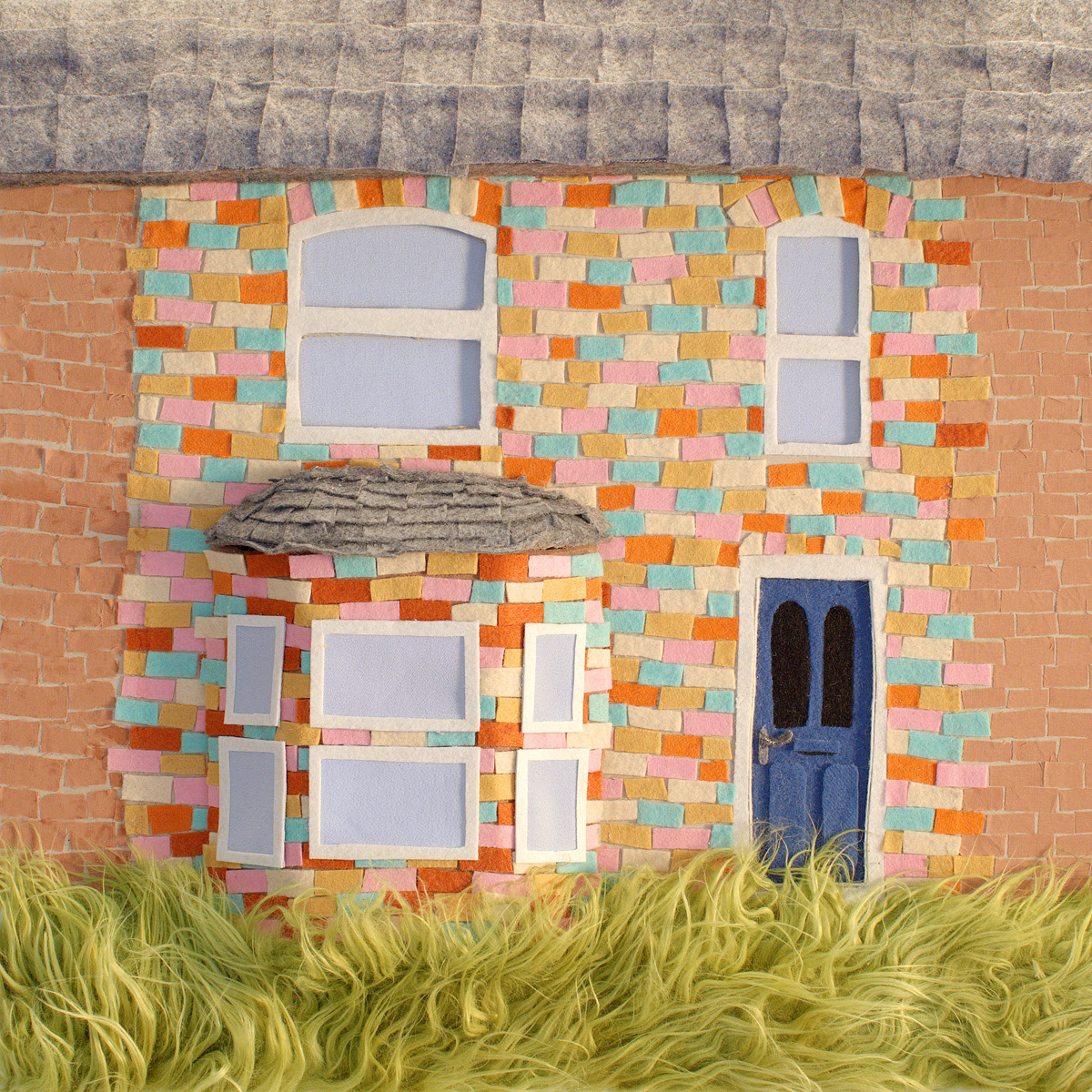
To lift the spirits of their neighbours, a family in Somerset, England, painted their house in cheerful colours, brick by brick.
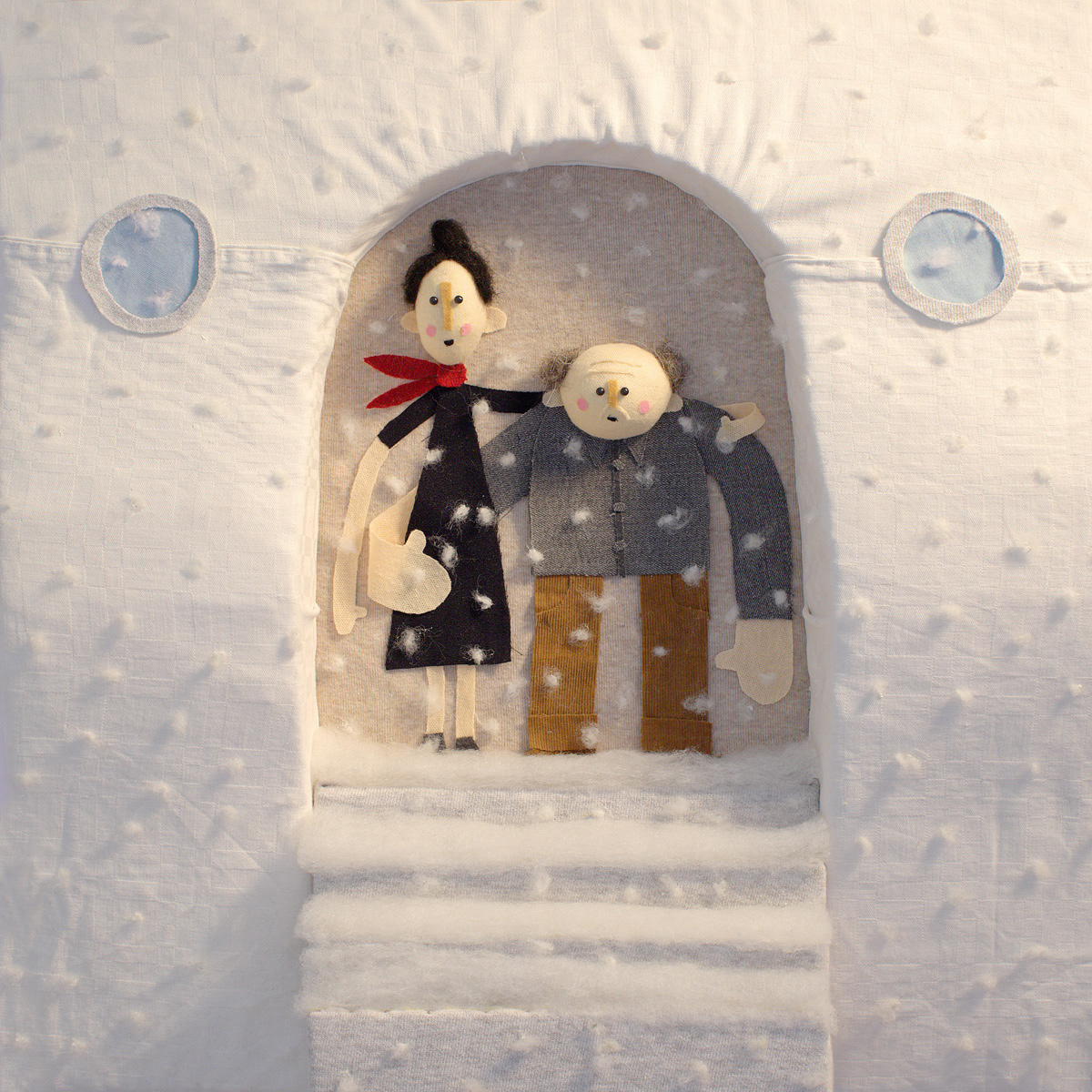
A father who wanted to spend Christmas with his air hostess daughter bought tickets for all six flights she worked on during the holiday season.
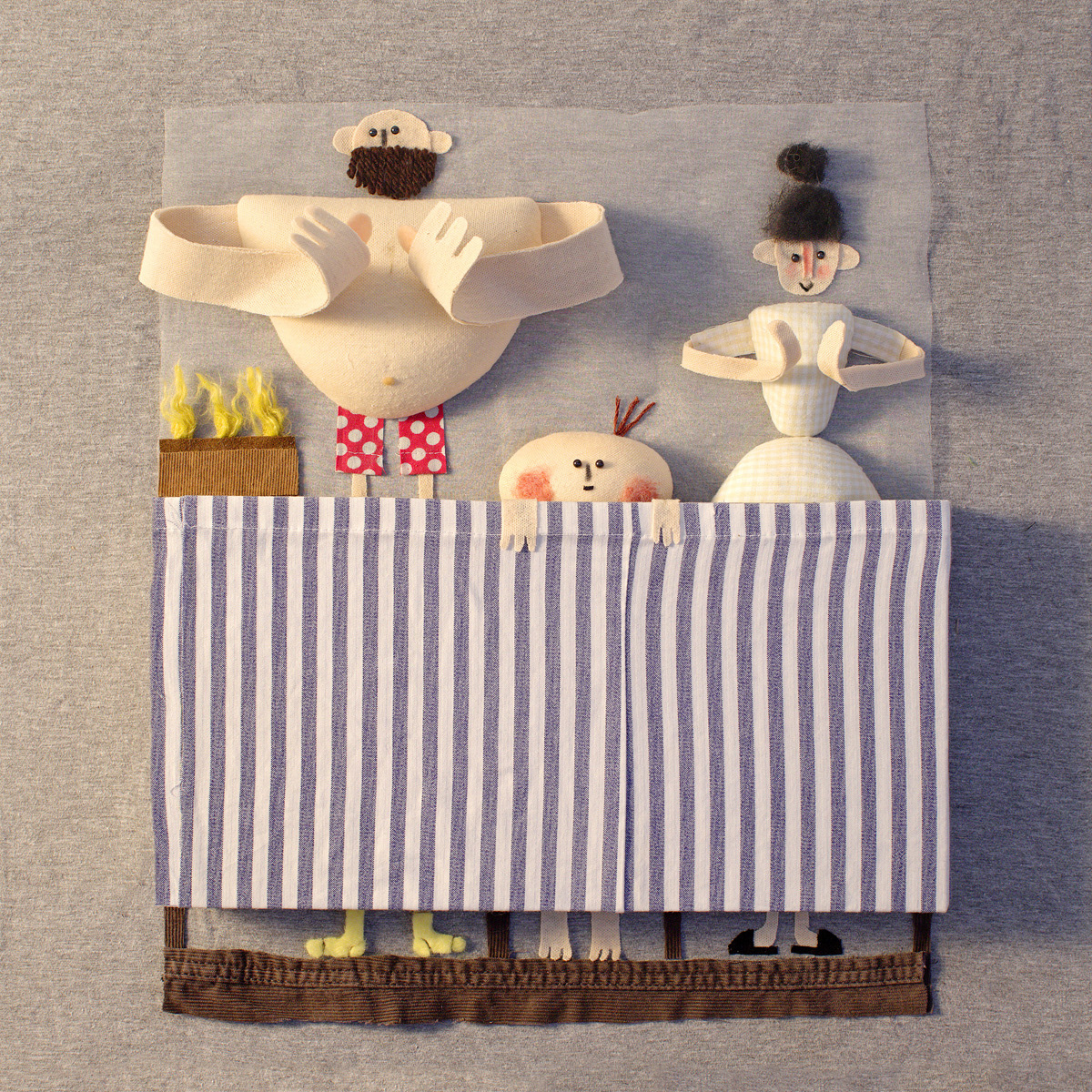
People confined to their homes during lockdown clapped to thank frontline workers – healthcare staff, firefighters and shop assistants.
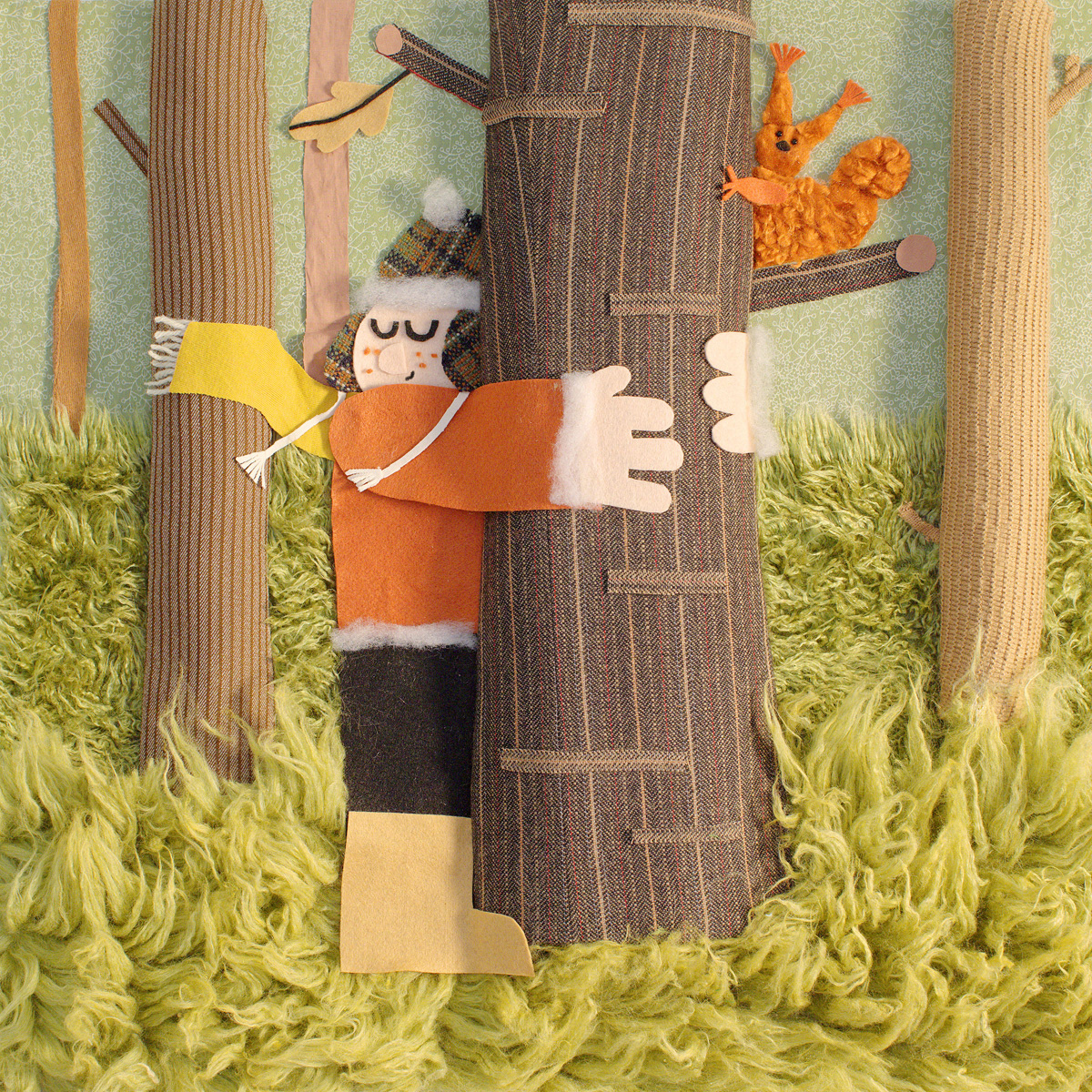
The authorities in Iceland recommended that lonely people missing physical contact during the pandemic hug trees. Research has shown that this is very beneficial, reducing stress and improving general health.
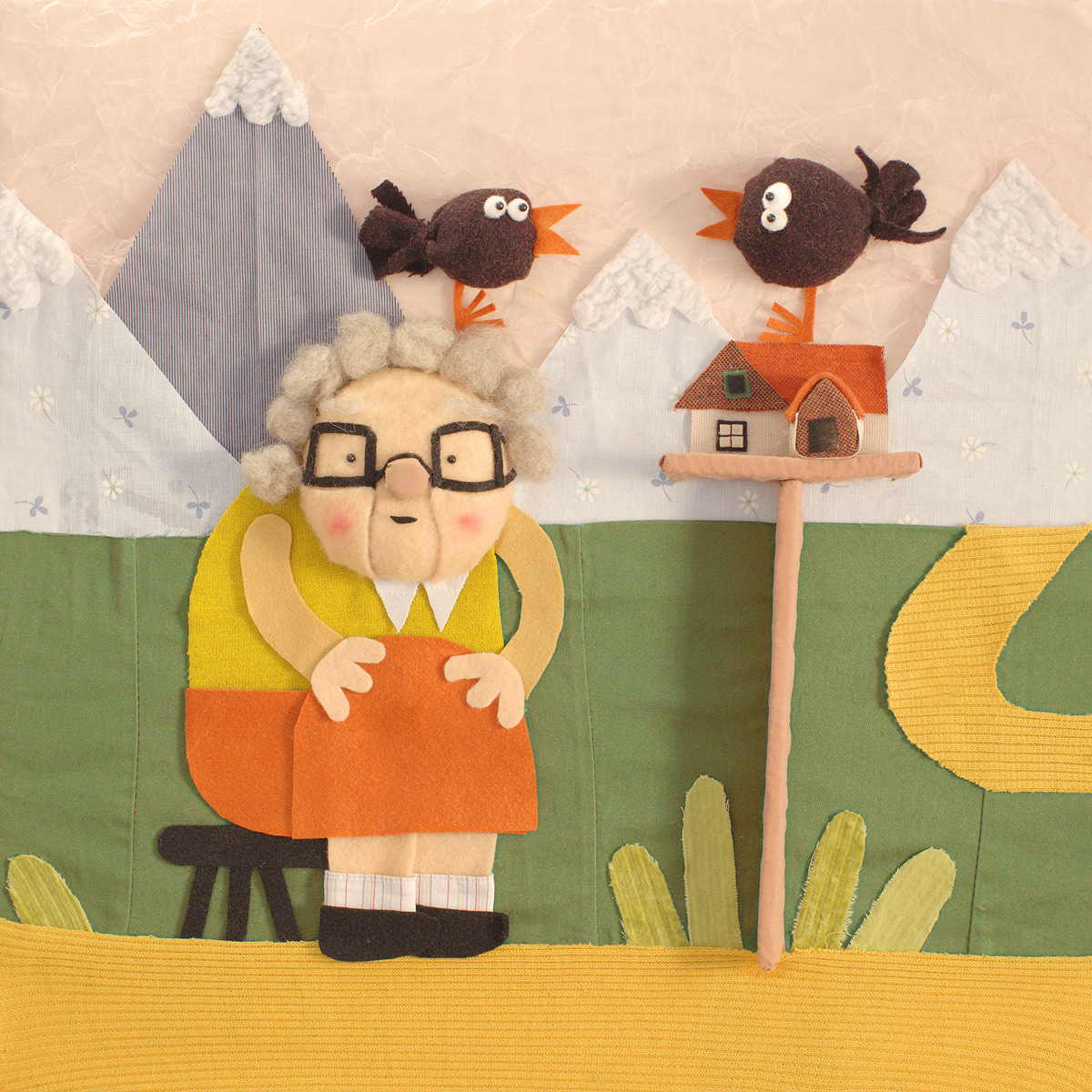
An Austrian artist built nest boxes for a retirement home modelled on the residents‘ own former houses so that they would be surrounded by things that form part of their own memories.
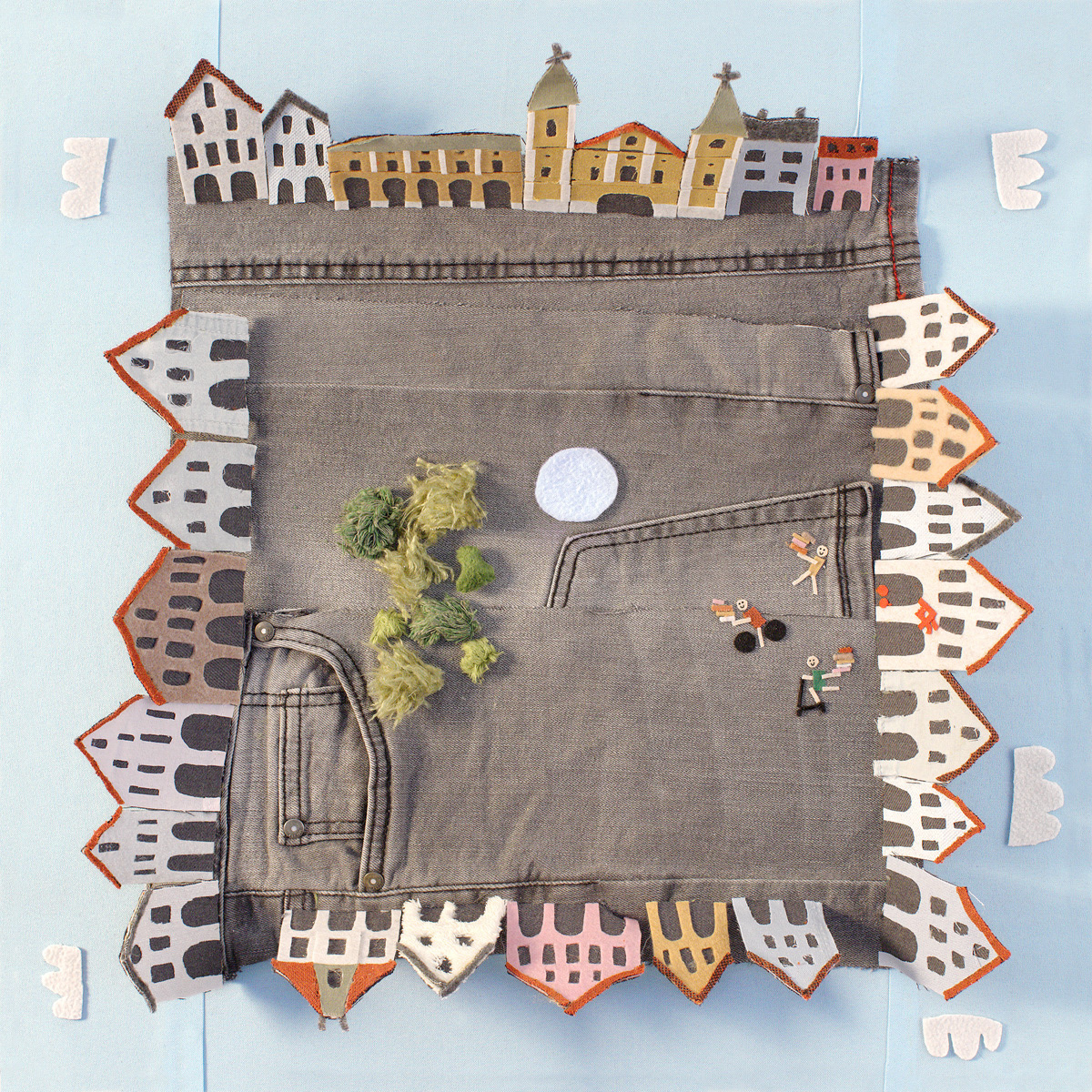
When a bookshop in the Slovak town of Žilina was forced to shut during the pandemic, the booksellers distributed books to their readers on bikes and scooters.
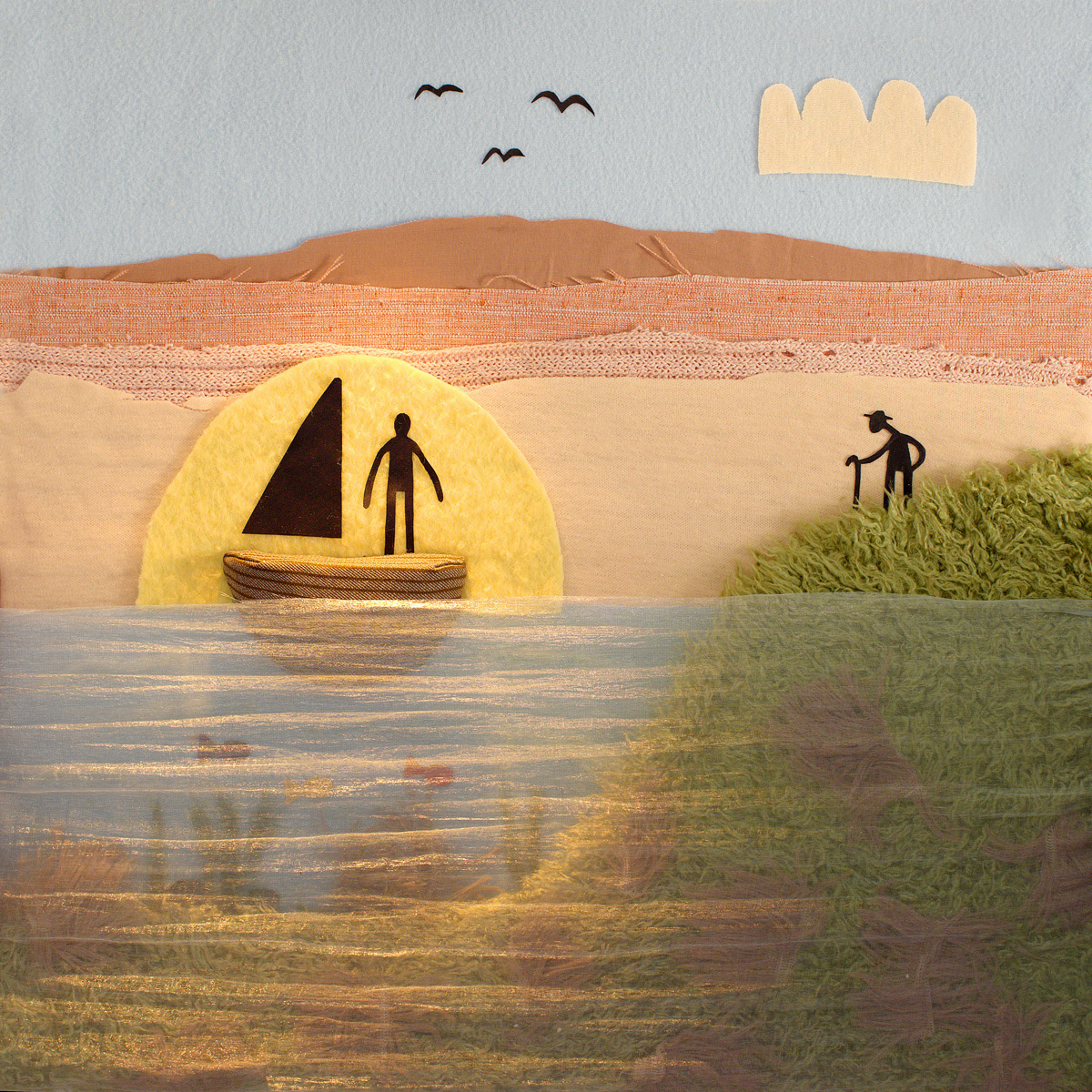
After his flights were cancelled, a man spent 85 days sailing across the Atlantic from Portugal to Argentina to get there in time for his father’s 90th birthday.
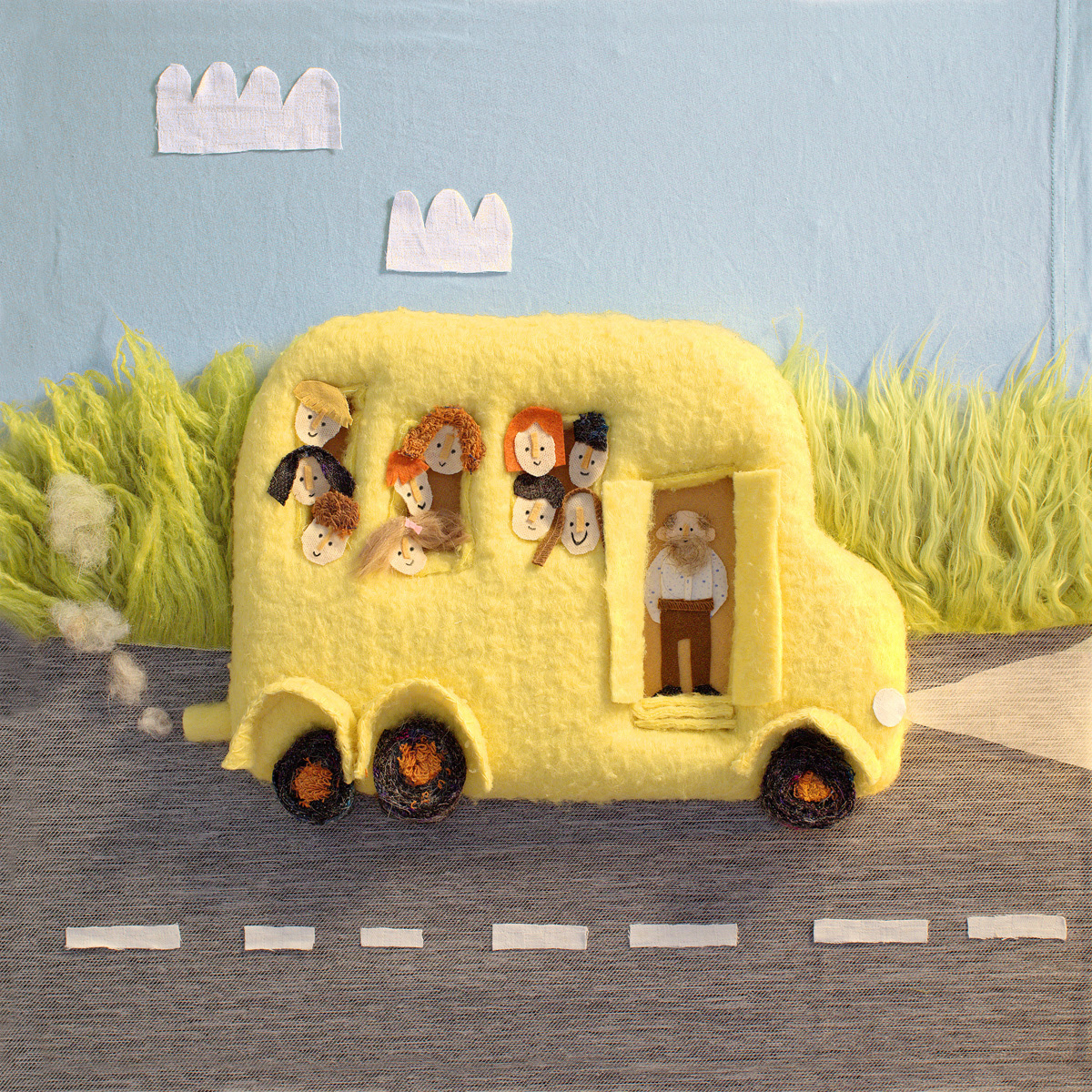
In order to spend more time with his 10 grandchildren, a proud grandfather in Oregon, USA, bought a decommissioned schoolbus and started driving them to school in the mornings.
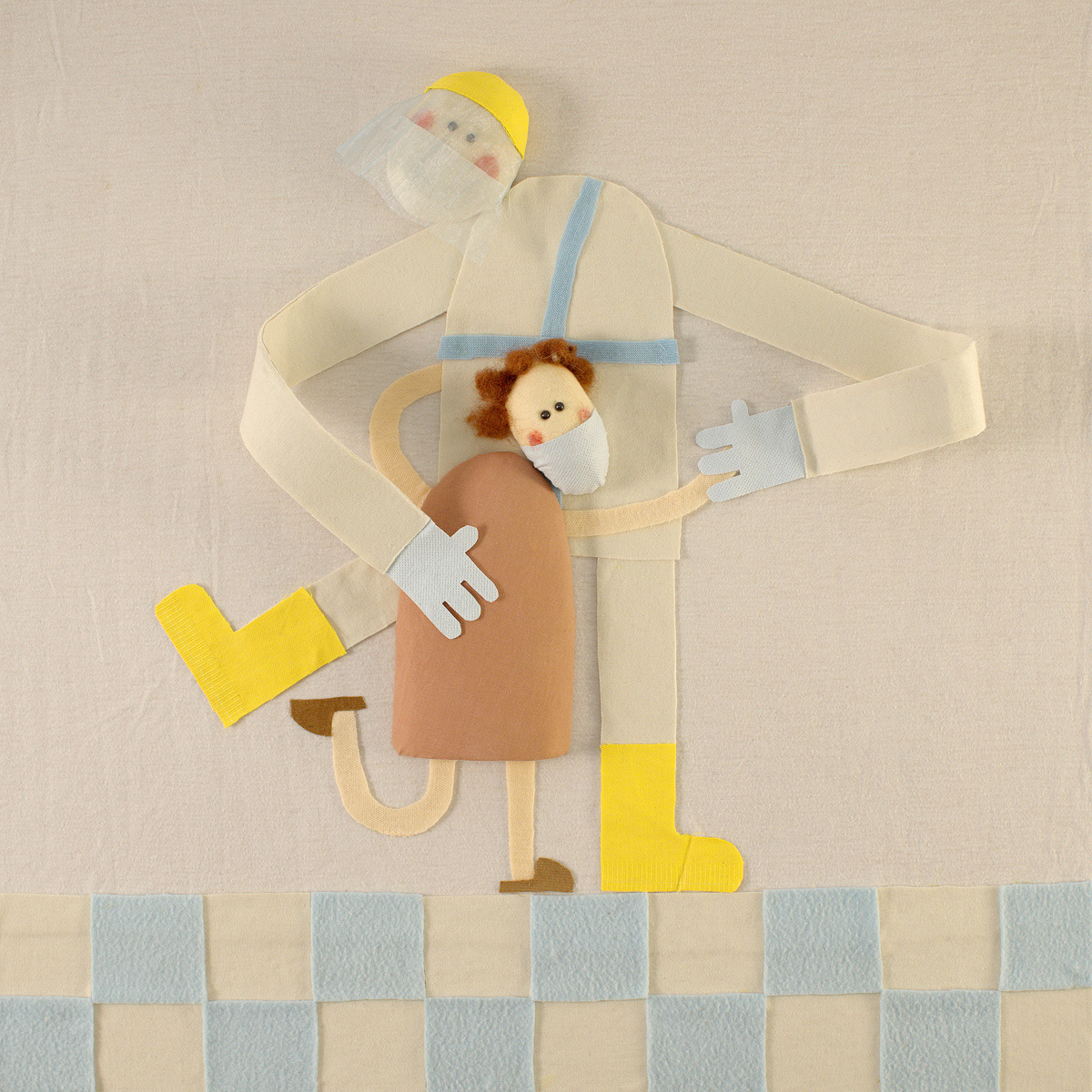
In Italy, a health worker in a protective suit surprised an 86-year-old hospital patient by asking her to dance. The entire floor cheered them as they waltzed.
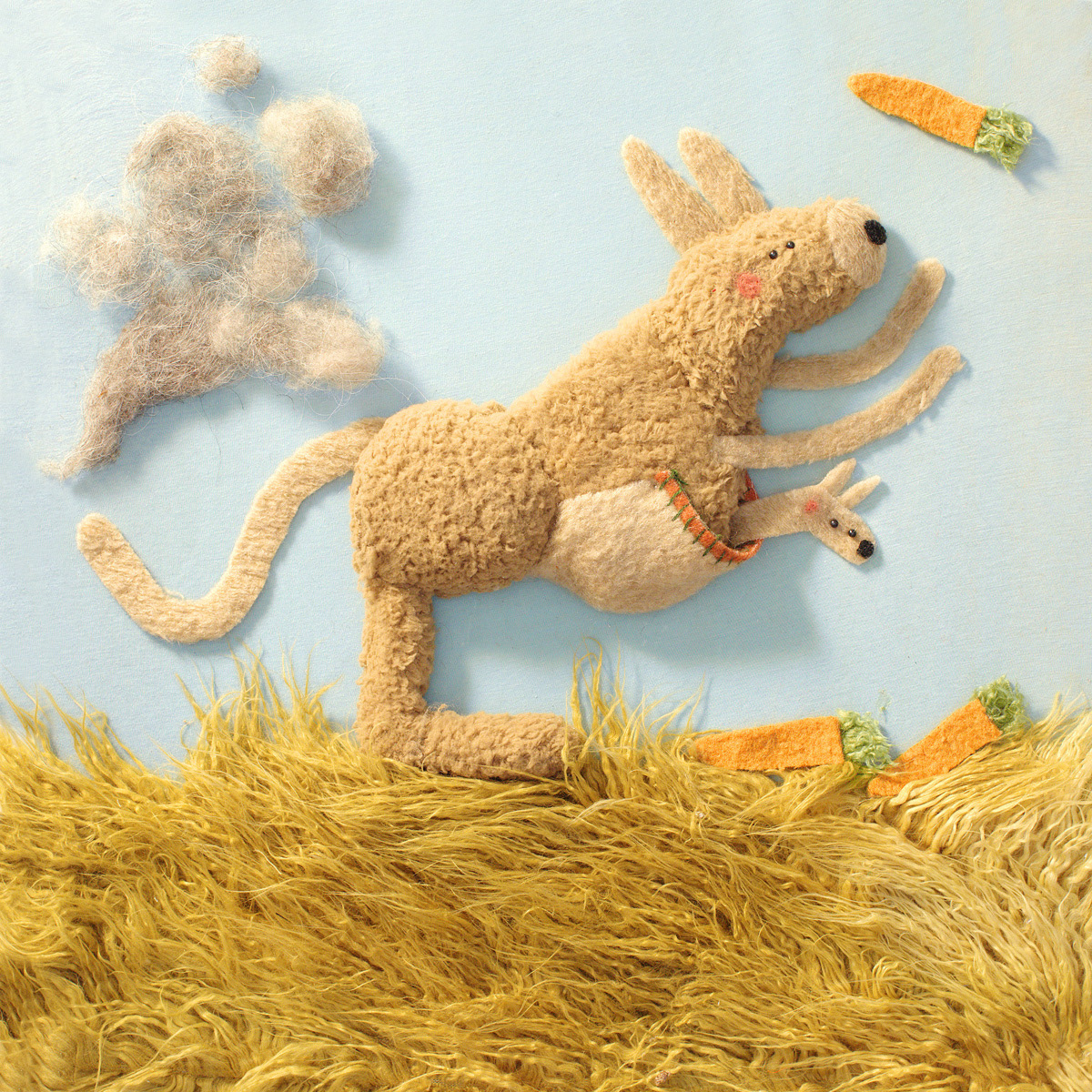
Australian firefighters dropped tons of fruit and vegetables from helicopters to feed starving animals whose habitats have been burned in the bushfires. Australian rescue centres have helped kangaroos, camels, horses and alpacas to survive.
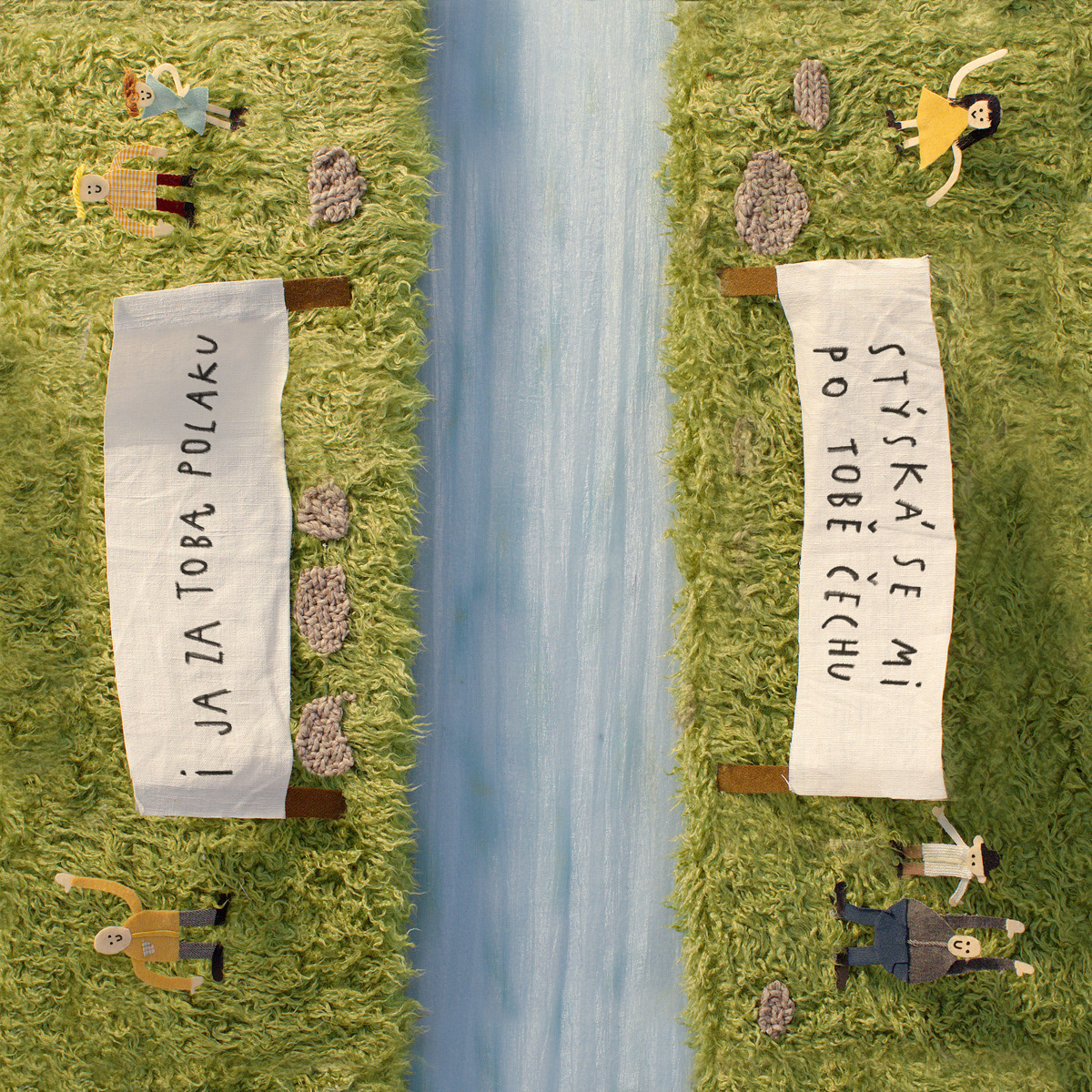
When the border between Český Těšín and the neighbouring Polish city of Cieszyn was closed during the pandemic, residents of the two cities exchanged messages across the river to tell their neighbours how much they missed them.
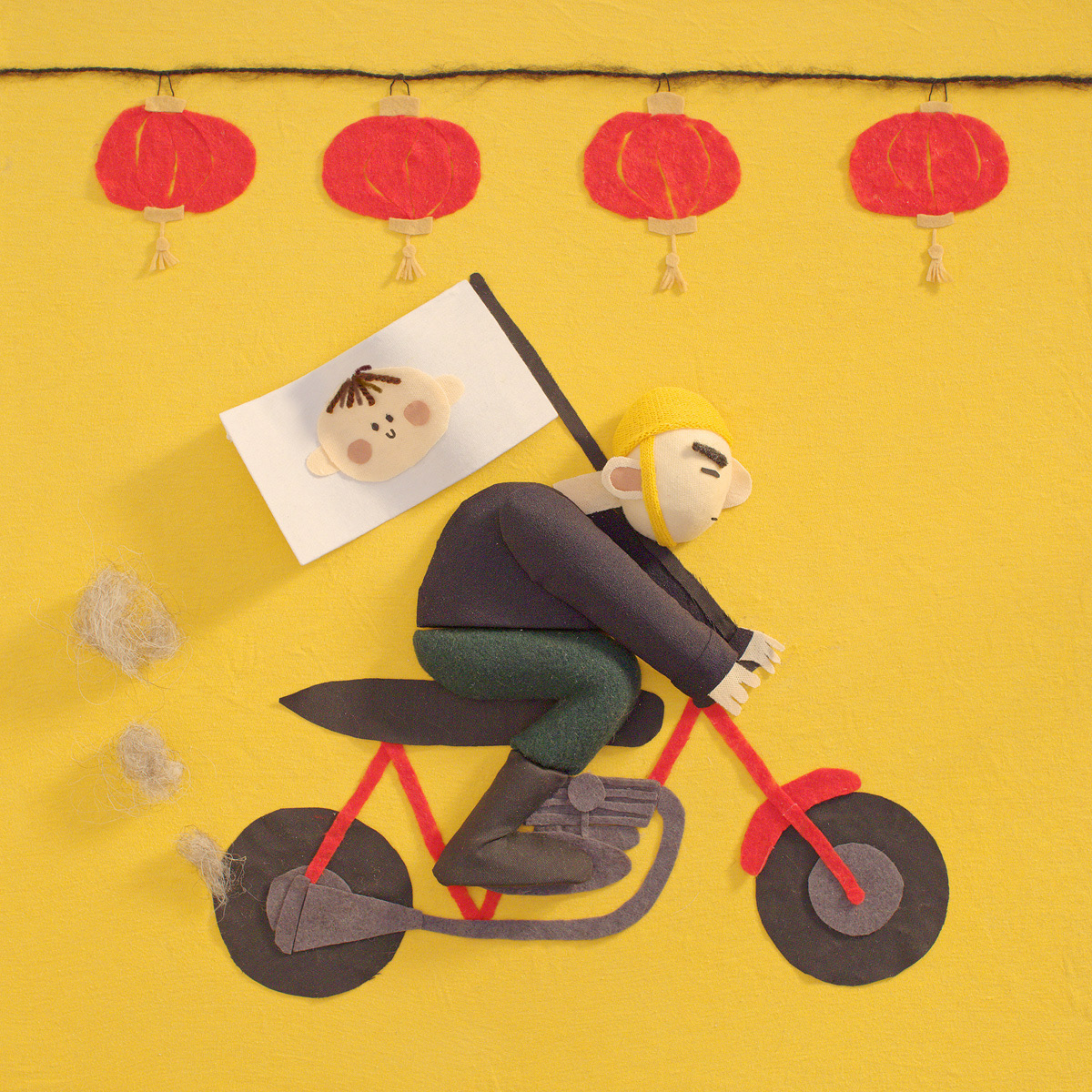
A Chinese farmer travelled on a motorbike for 24 years covering half a million kilometres until he found his son who had been kidnapped by gunmen as a young boy.
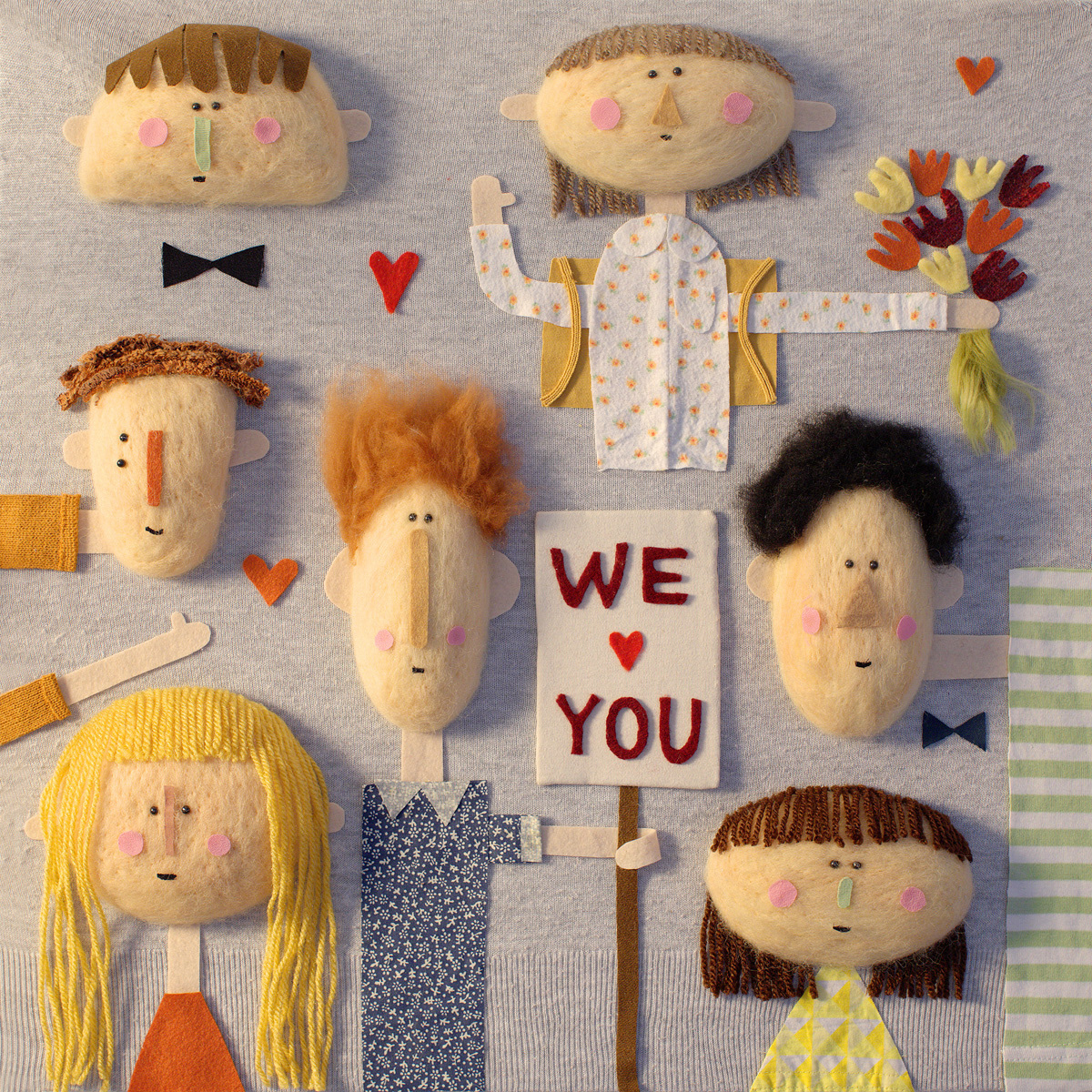
When students in Bristol, England, learned that their school‘s caretaker hadn’t visited his relatives in his native Jamaica for four years, they collected money for his air ticket.
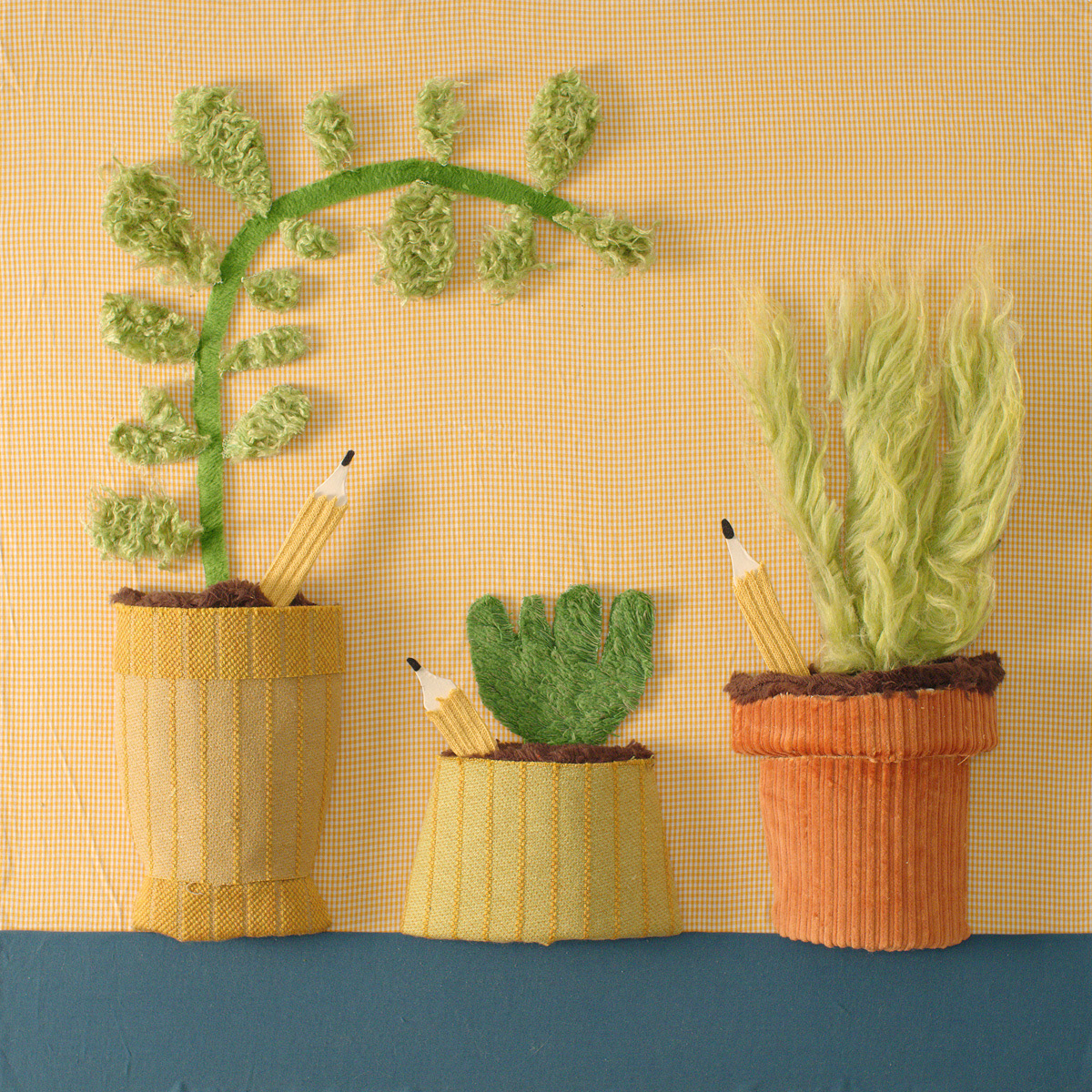
To give back to nature what it has taken from it, a Danish company has invented pencils that can be planted after use so that they grow into a herb, a shrub or a tree.
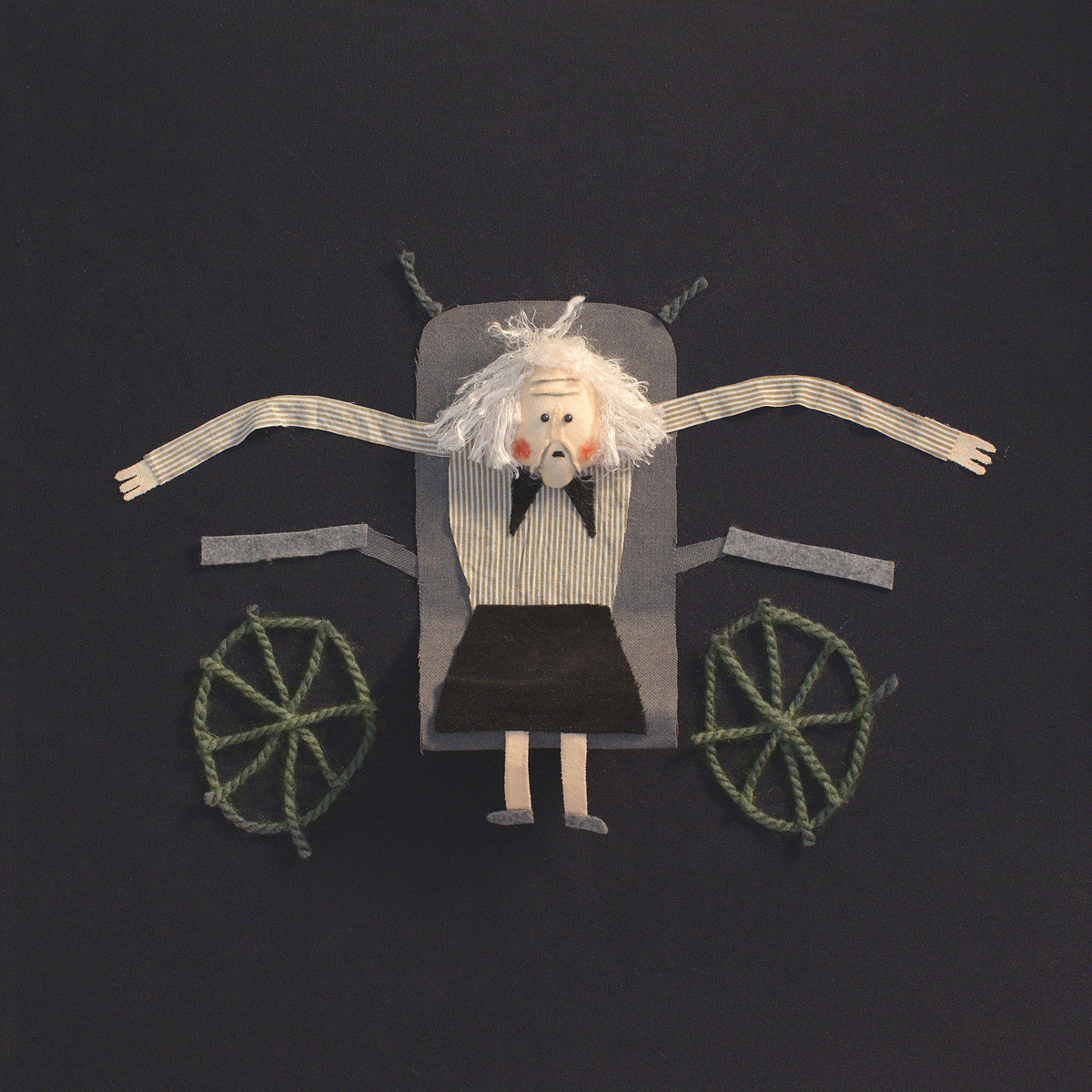
Listening to a recording of music from Swan Lake, a once Spanish famous prima ballerina suffering from Alzheimer’s disease recalled the choreography and started to dance.
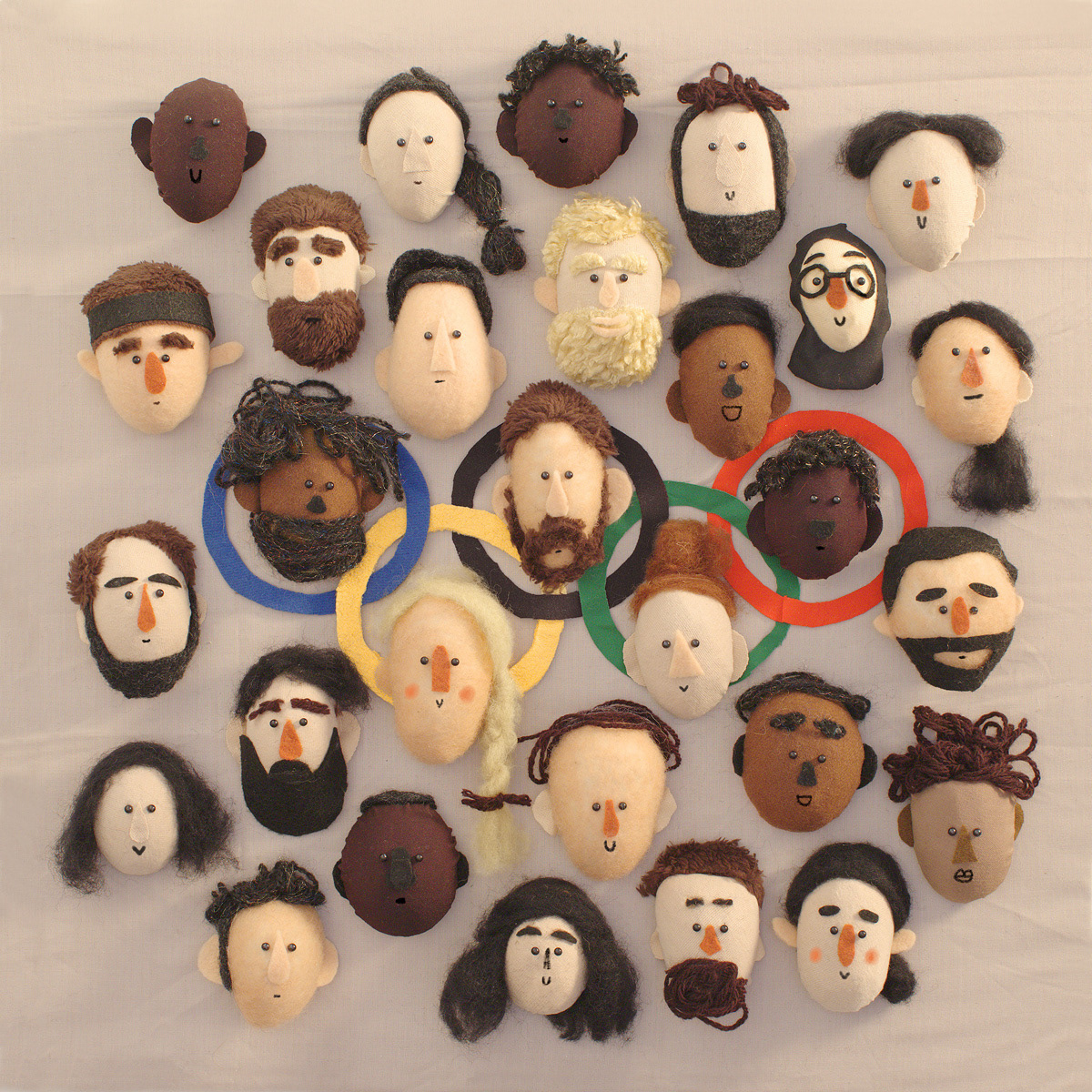
For the second time in history, an international team of refugees took part in the Tokyo Olympics. 29 athletes forced to flee their homes by war or oppression competed together under a joint flag.
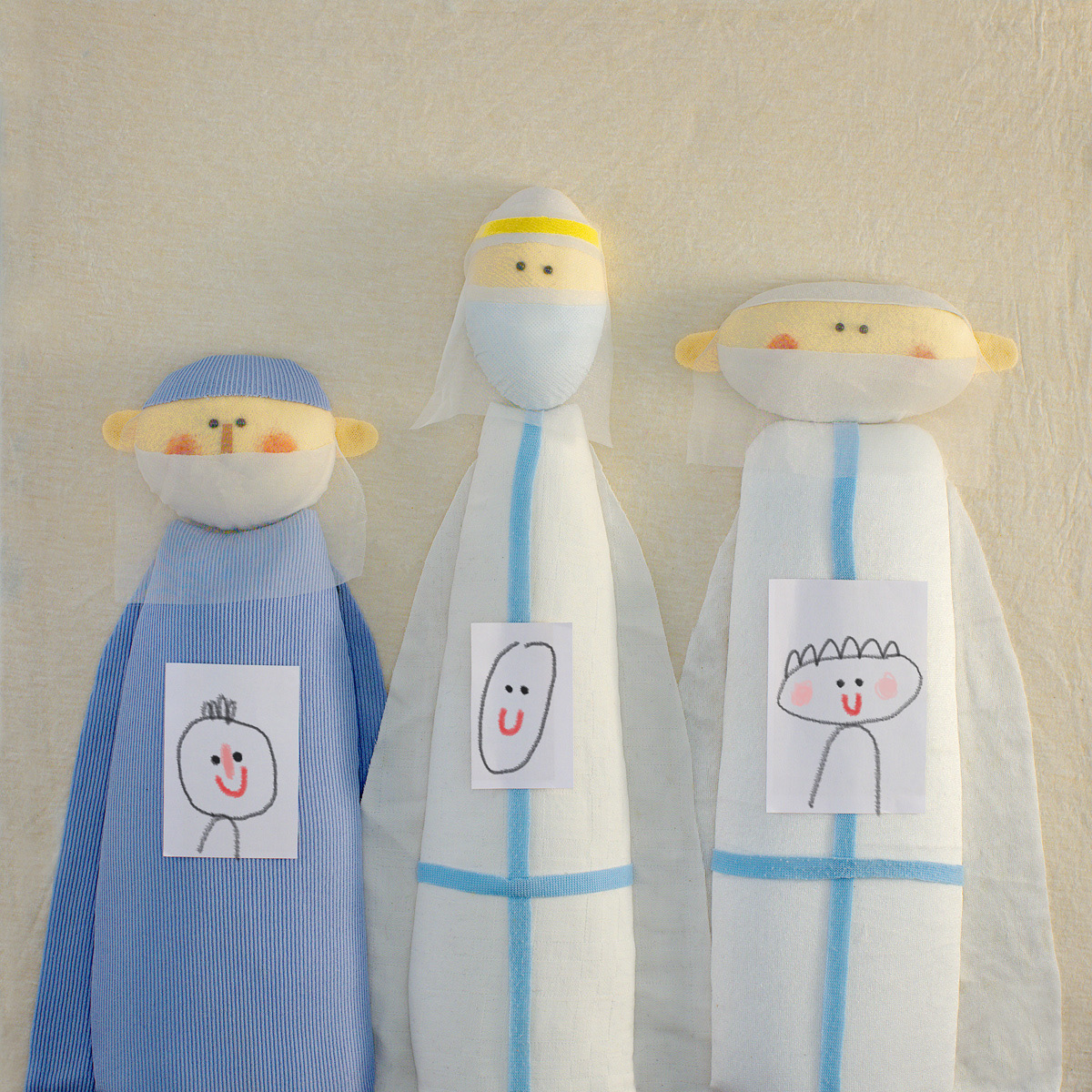
Italian healthcare workers had images of their smiling faces printed on their protective suits to humanize the antiseptic space of the hospital and show patients that they were not alone.
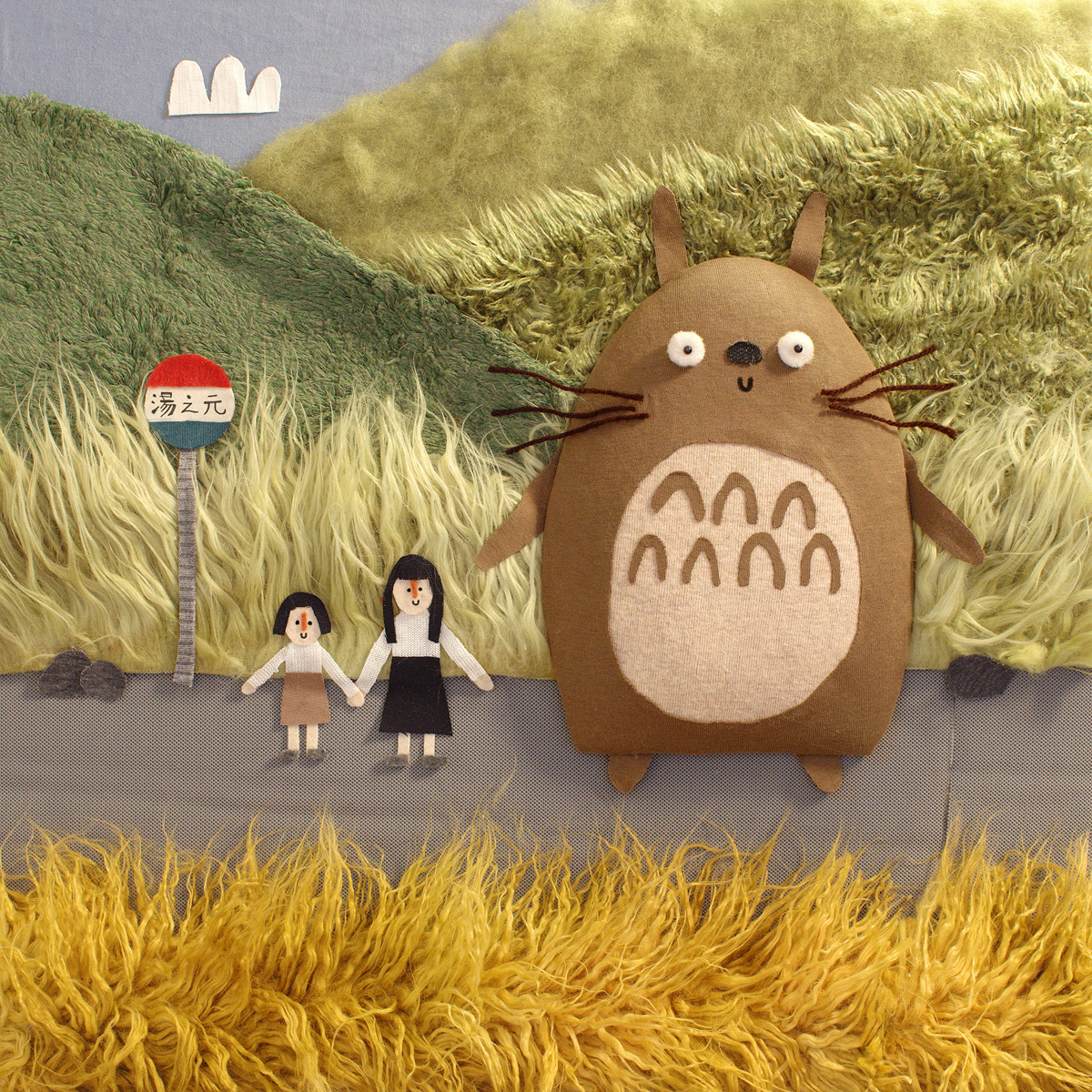
To stop children feeling lonely while waiting for a bus, their grandparents made a life-size statue of the famous Japanese character Totoro and installed it at a bus stop.
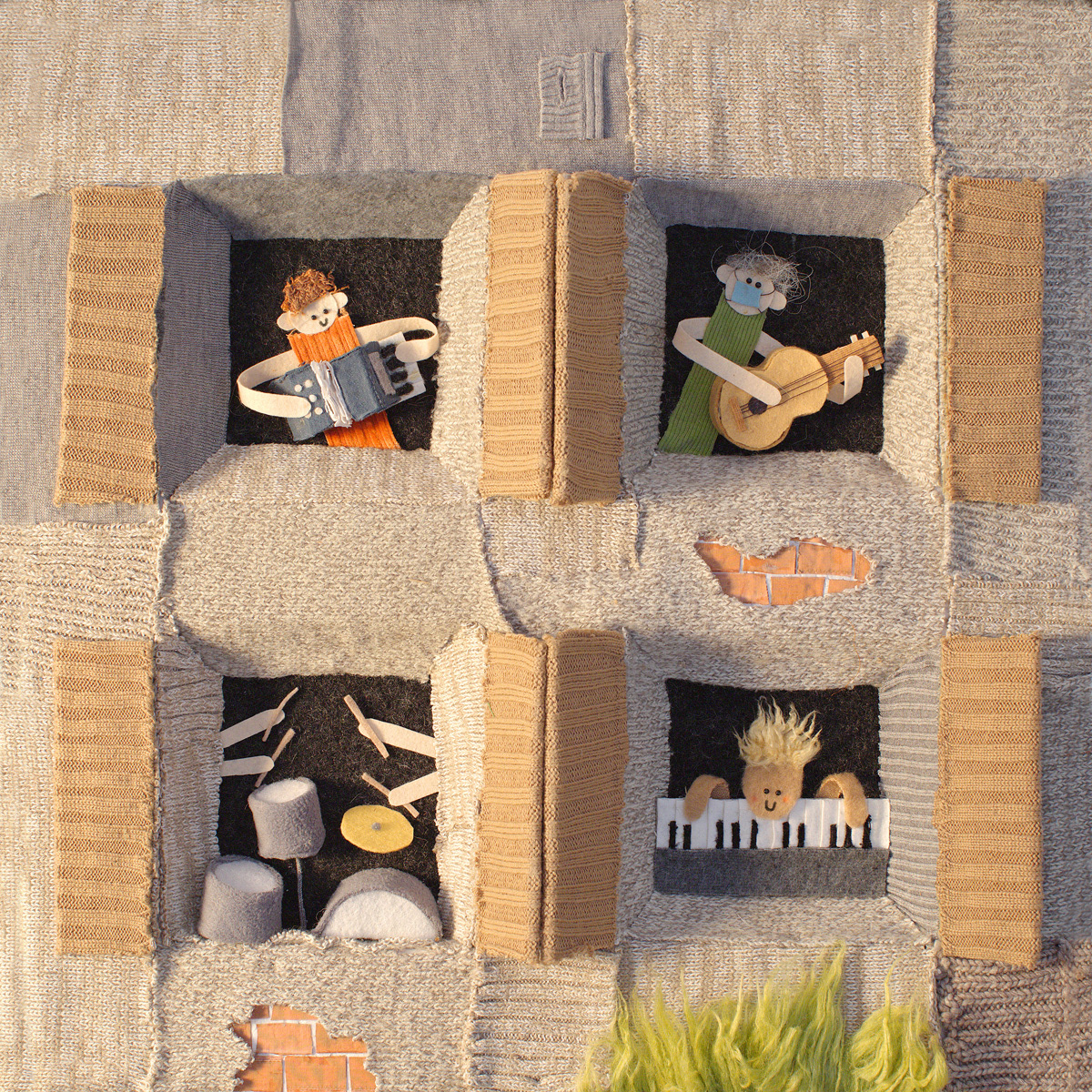
In Italian cities people played music and sang from their windows during lockdown to cheer up their neighbours and show solidarity.
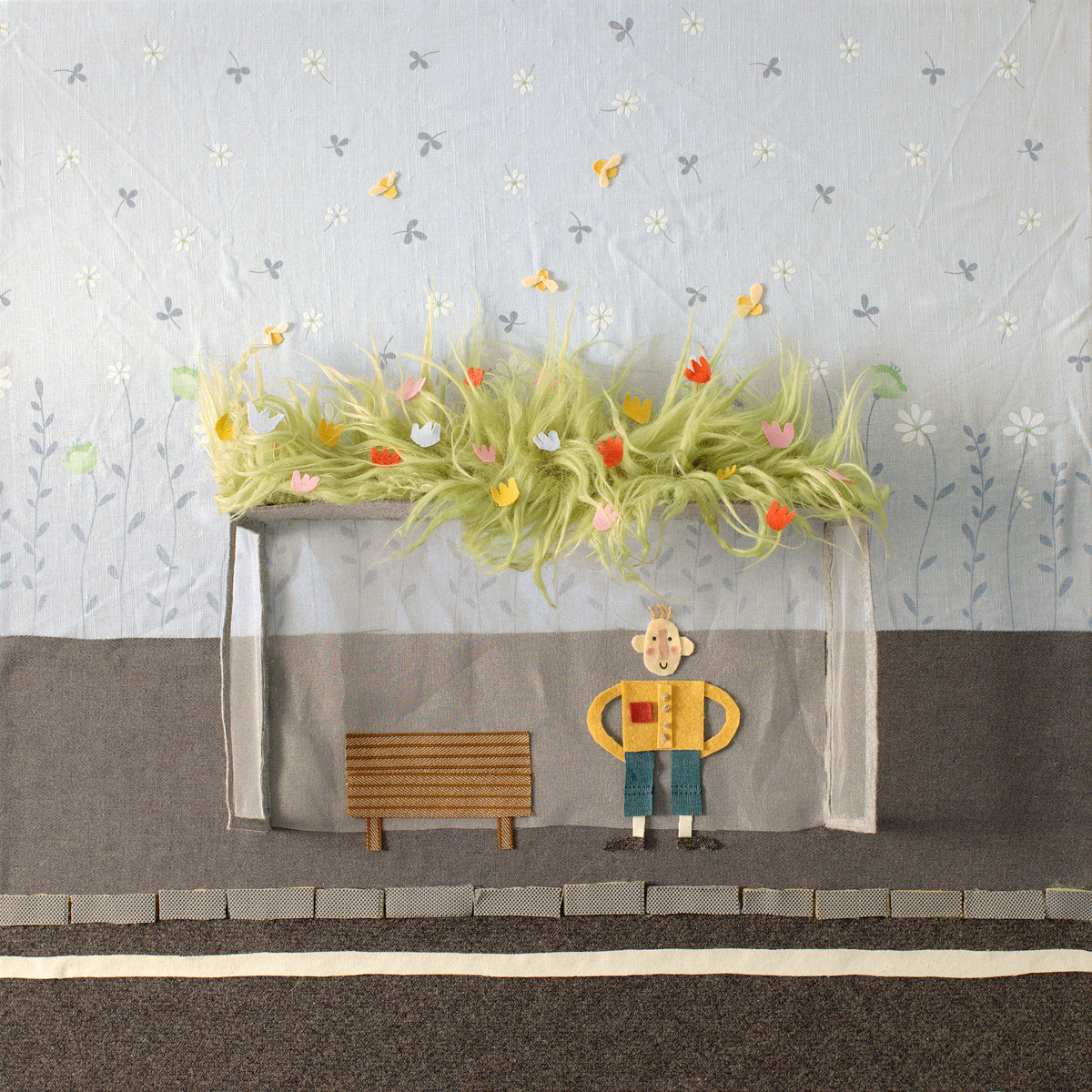
To bring some nature into the cities and help honeybees, flowers were planted on the roofs of bus shelters in Netherlands.
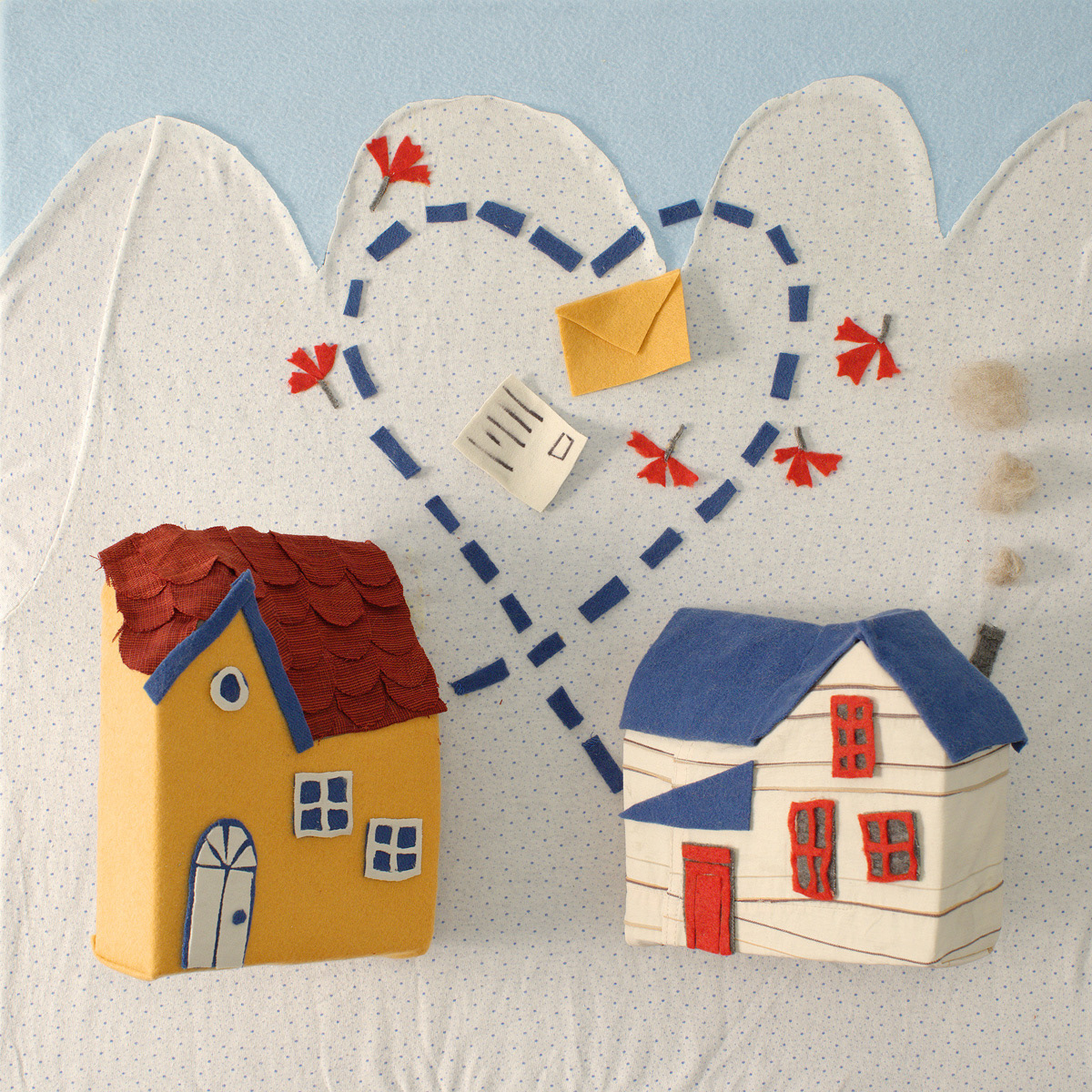
During lockdown, the Canadian post office sent every household in the country postcards with messages of gratitude and solidarity. People could add their own words and send the cards to their loved ones free of charge to keep in touch during the pandemic.
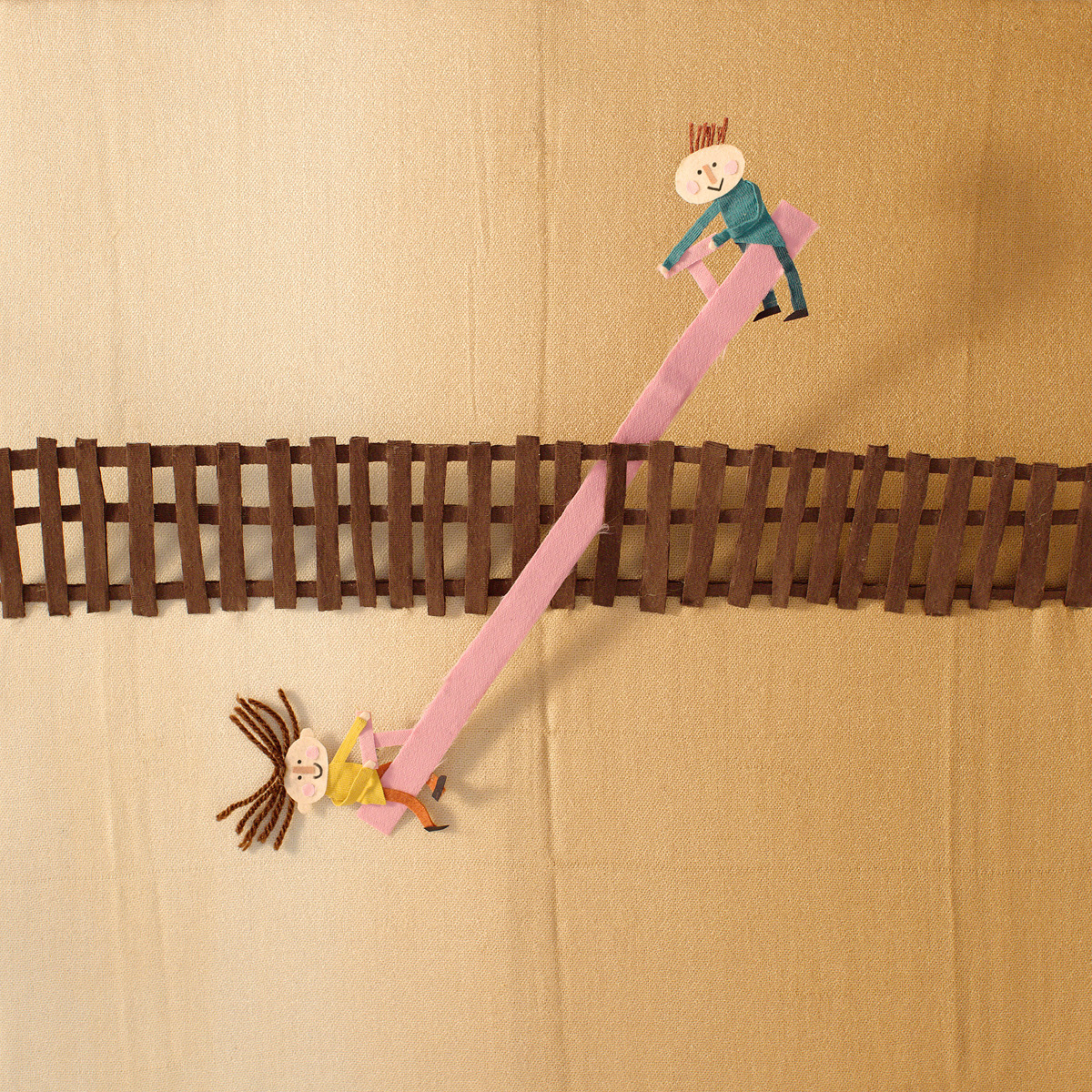
Friendship knows no bounds, as children in the United States and Mexico proved by playing on a seesaw together – each on their side of the closely guarded border.
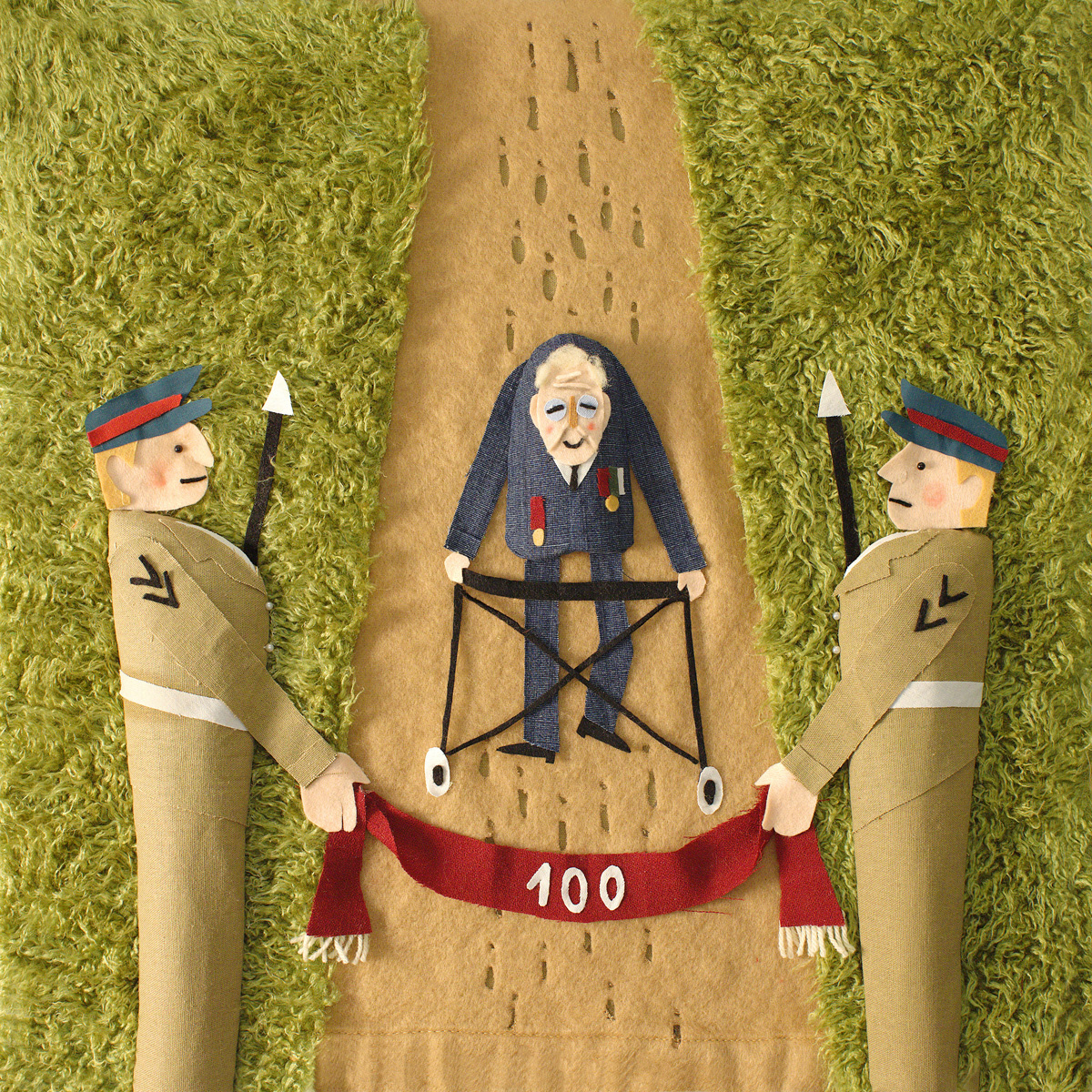
Shortly before his hundredth birthday, a British war veteran pledged to cross his back garden one hundred times with his walker to raise money for the National Health Service. After raising 32 million pounds, he was knighted by Queen Elizabeth II.

For the past 130 years people in love have been posting letters in a hollow tree in Eutin in Germany. The tree, which now has its own postal address, has brought thousands of people together in friendship and some in marriage.
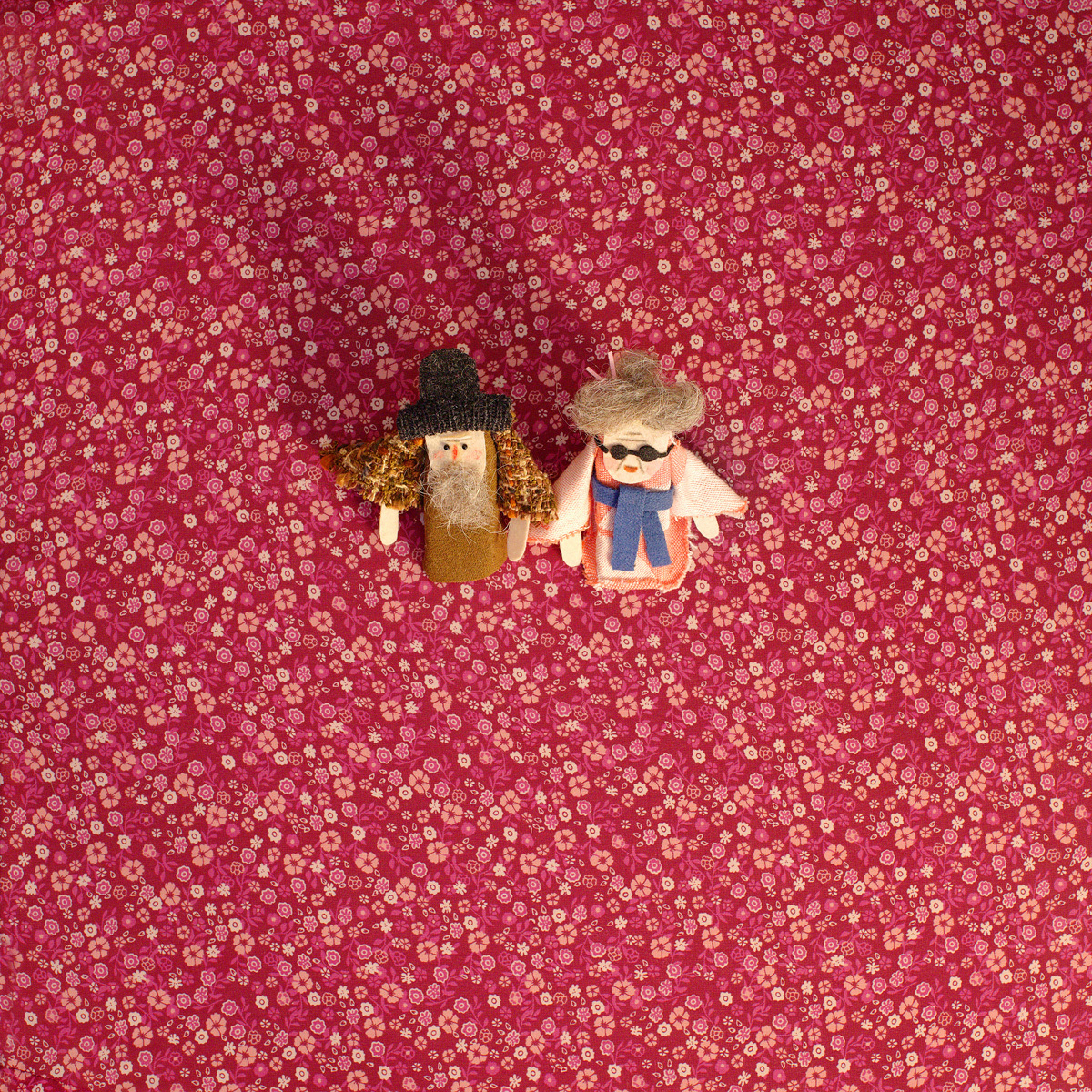
A man in the Miyazaki prefecture in Japan spent two years planting flowers for his sightless wife so that she could enjoy the garden through its fragrance.
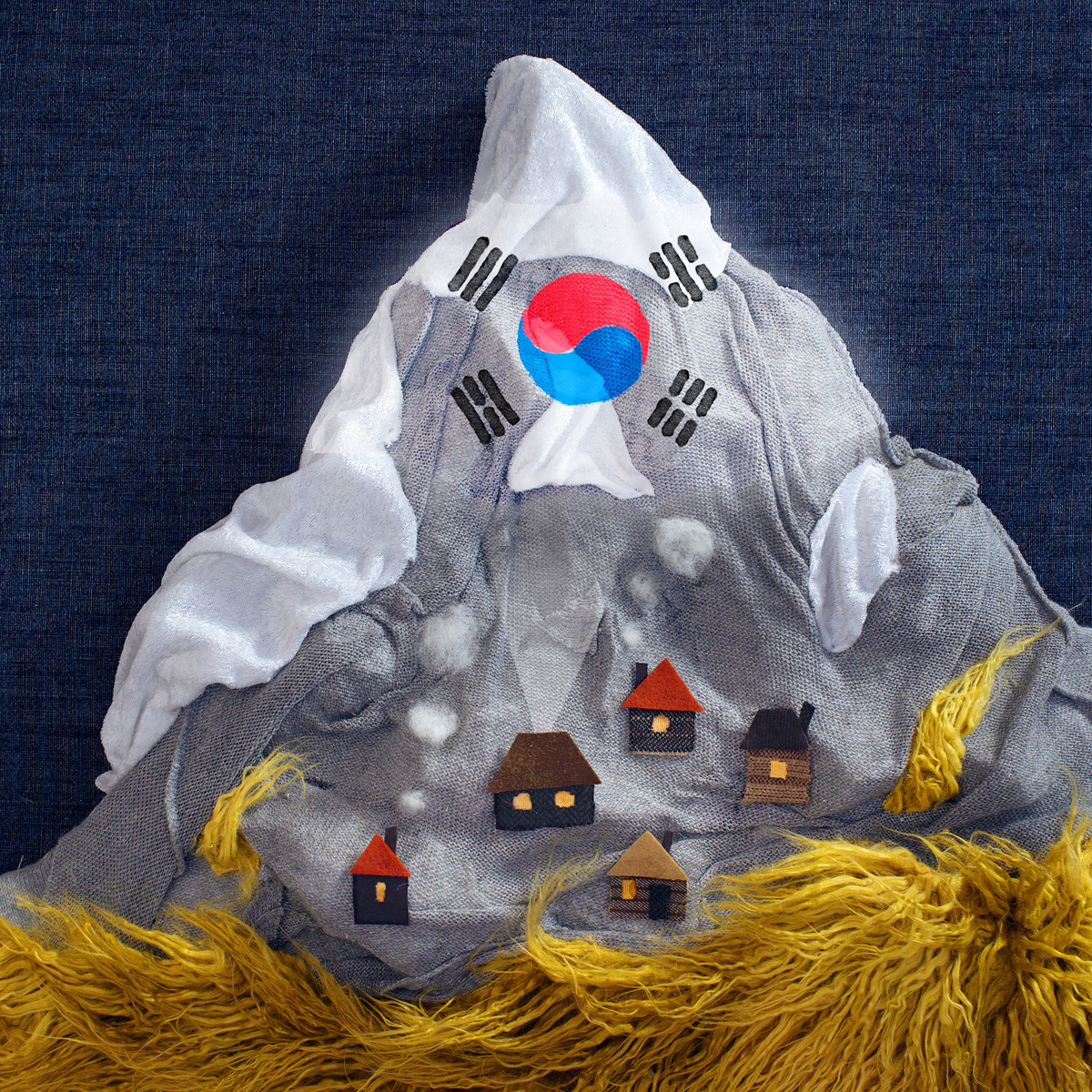
In the town of Zermatt people showed their solidarity with countries badly hit by the pandemic by projecting their national flags onto Switzerland‘s highest peak.
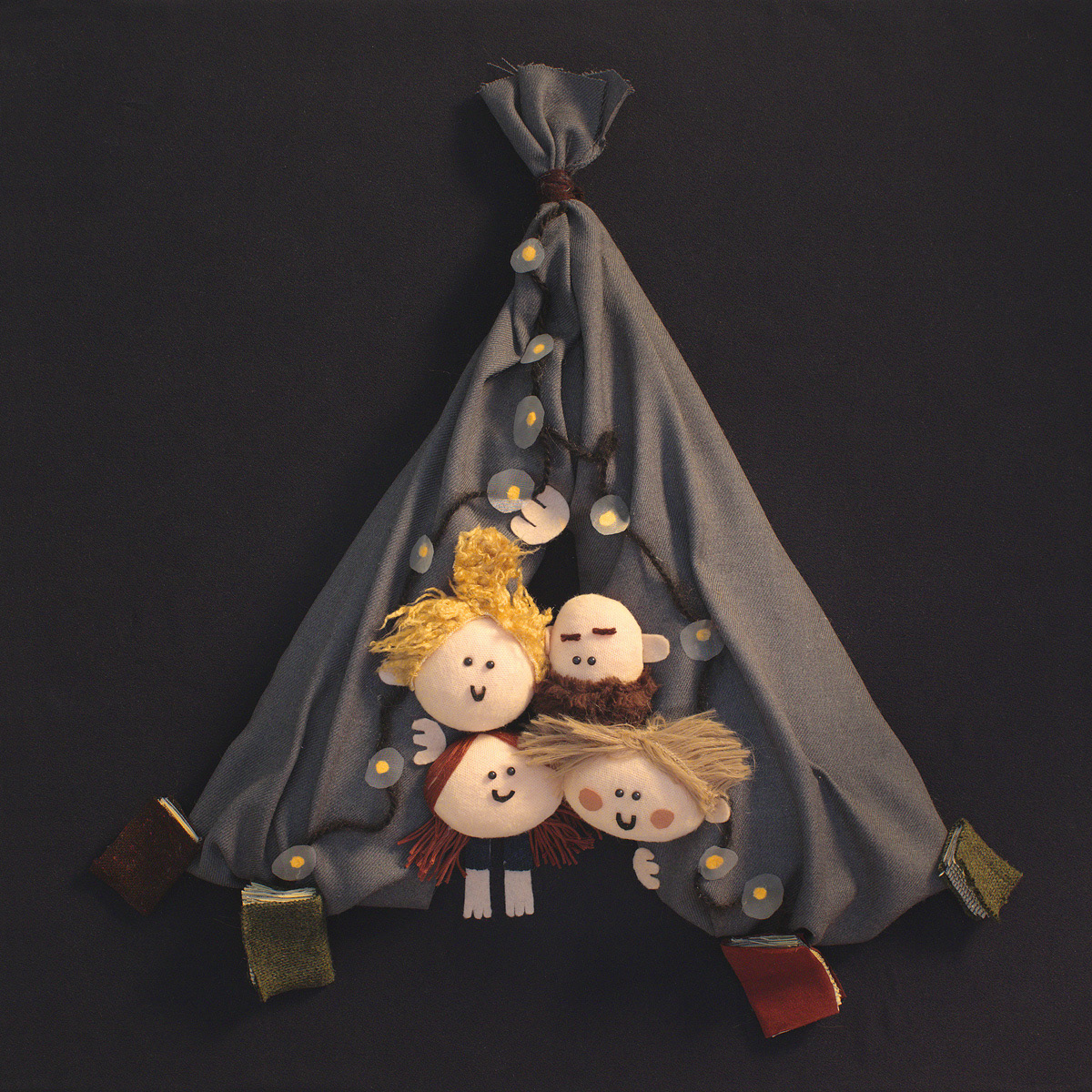
A well-known Swedish furniture maker published illustrated instructions showing children how to build a bunker, a castle or a tent at home, helping many families get through the difficult times of self-isolation and closed schools.
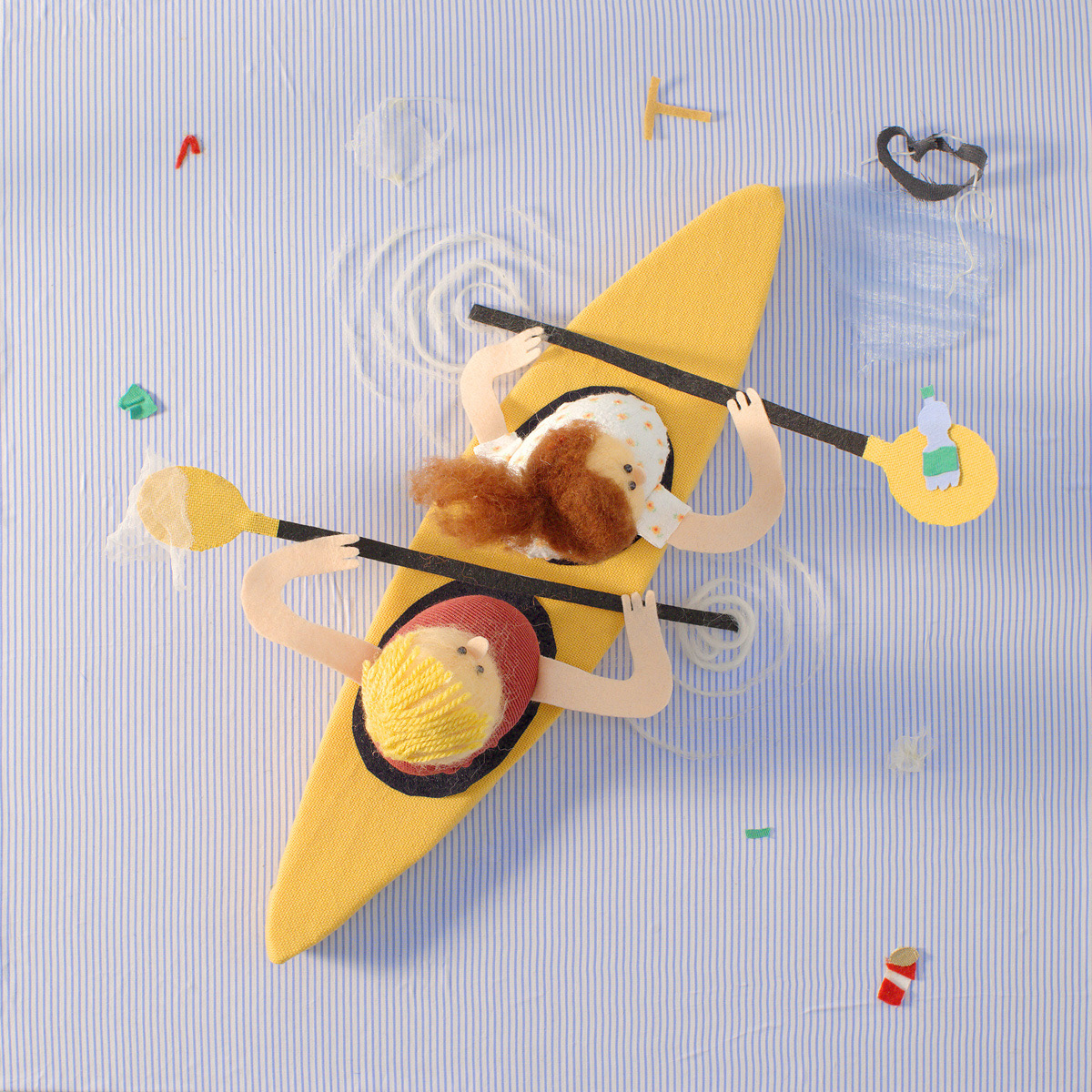
People in Denmark and some other European countries can rent kayaks free of charge provided they agree to pick up litter while paddling down the rivers.

After decades-long efforts polio has been eradicated in Africa. Vaccination has saved an estimated 1.8 million children from being paralysed for life and prevented 180,000 deaths.
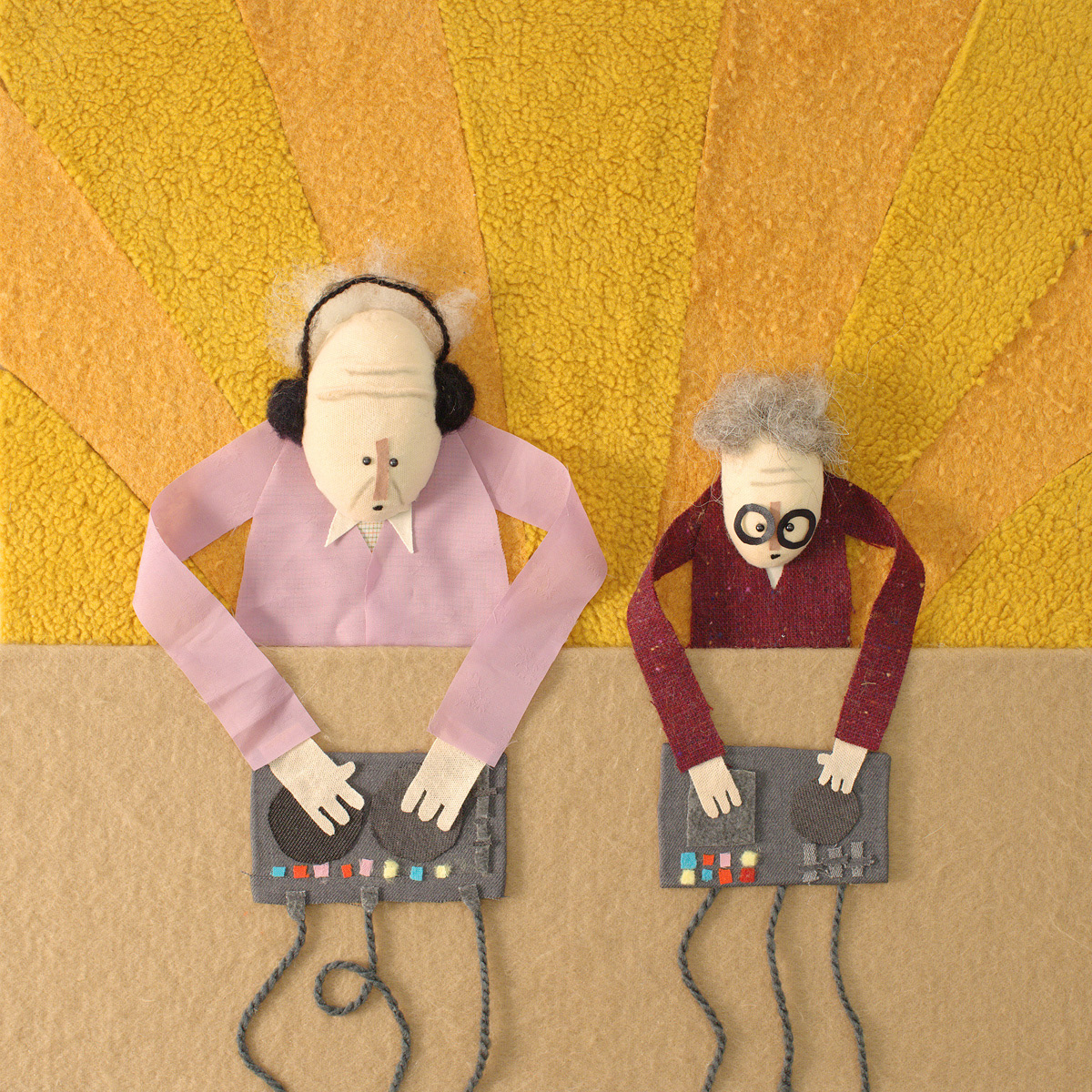
Residents of a French retirement home have been developing their motor and creative skills in a variety of ways – for example, by taking courses in electronic and techno music.
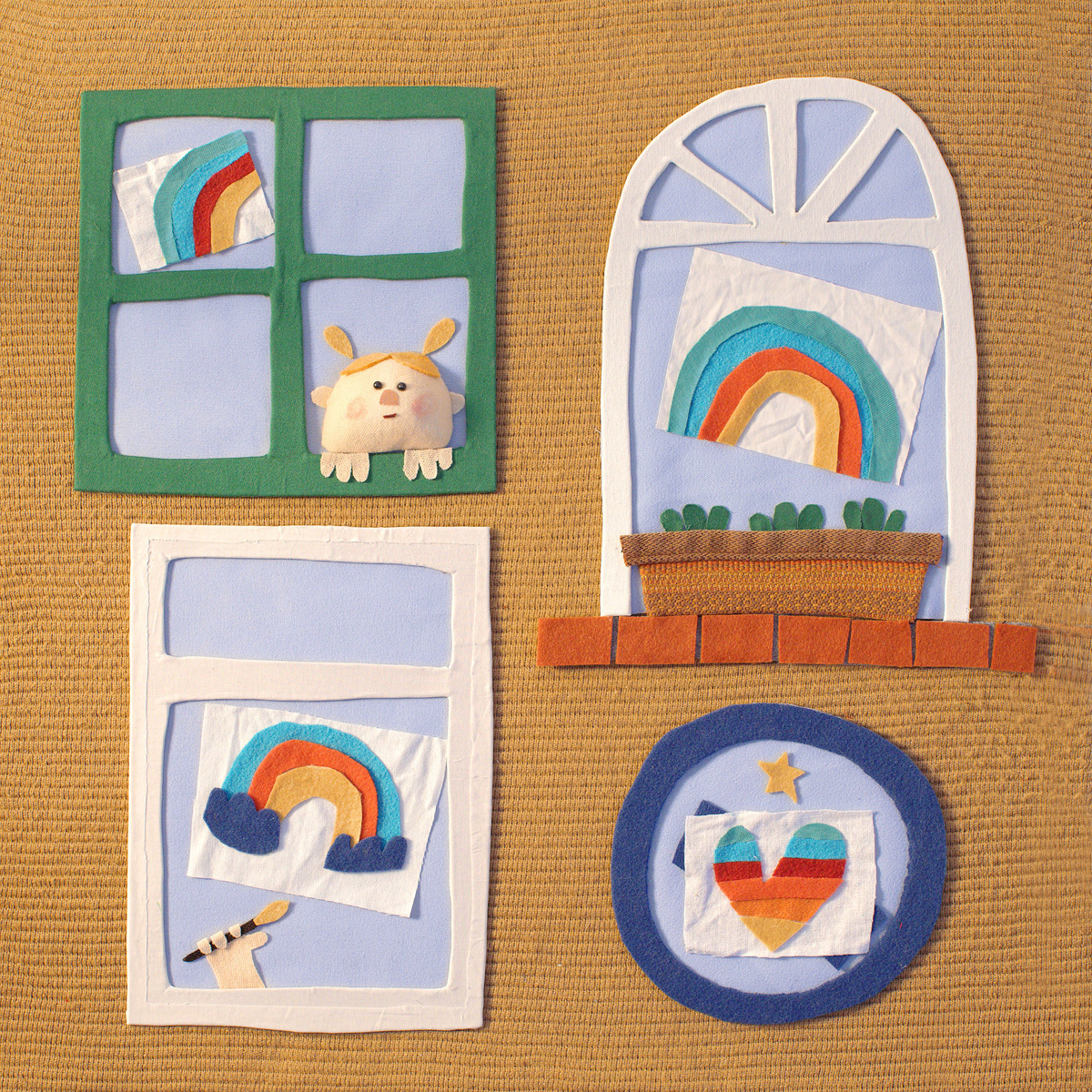
Children who were stuck at home for months on end during the pandemic drew pictures of rainbows and put them up in their windows to cheer up their neighbours and spread hope.
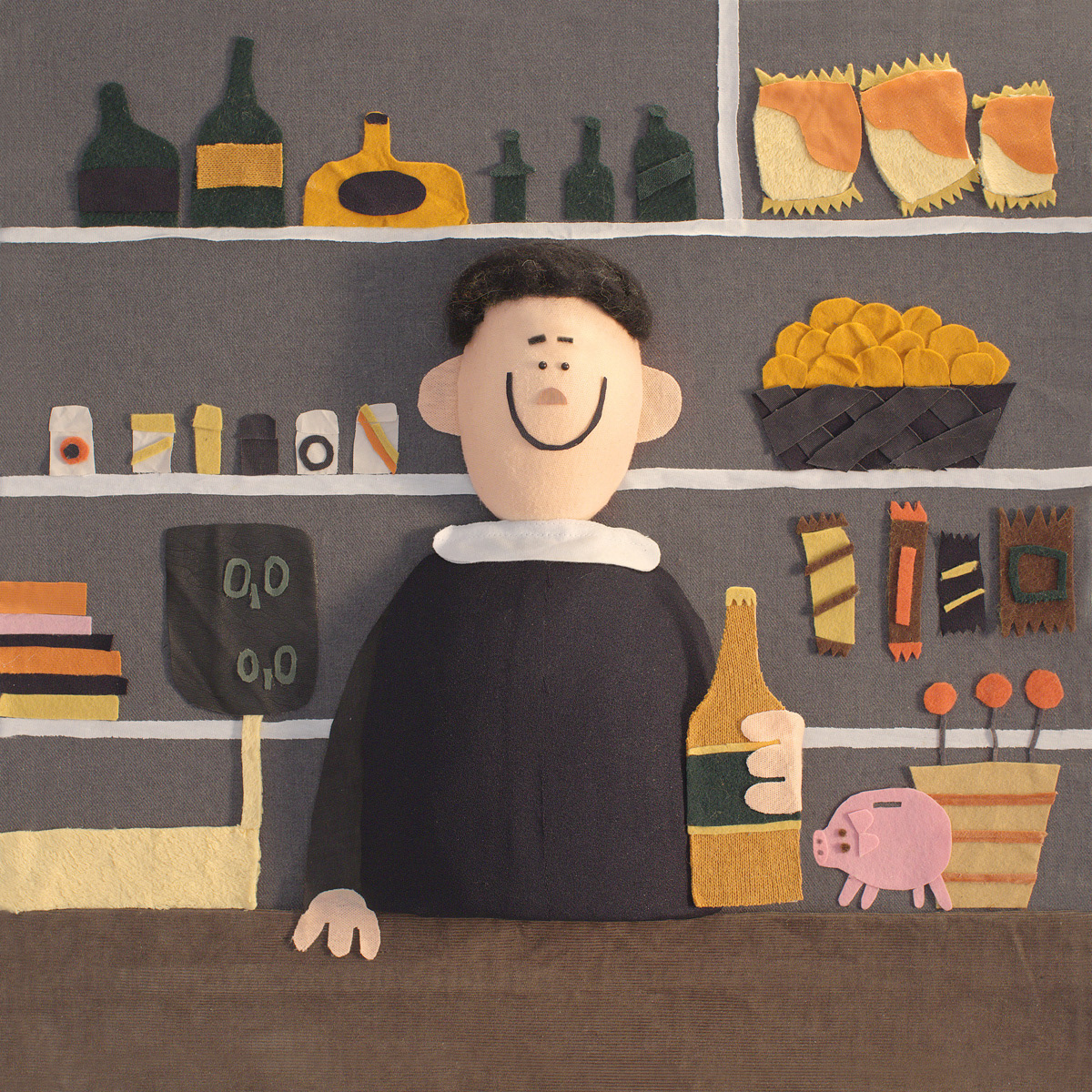
A shop assistant in Pardubice went to the police to hand in an envelope full of money left by a customer and would not accept a finder’s fee. A Czech brewery gave him a year’s supply of beer that people can buy in his shop for a voluntary contribution, which he donates to help children with disabilities.
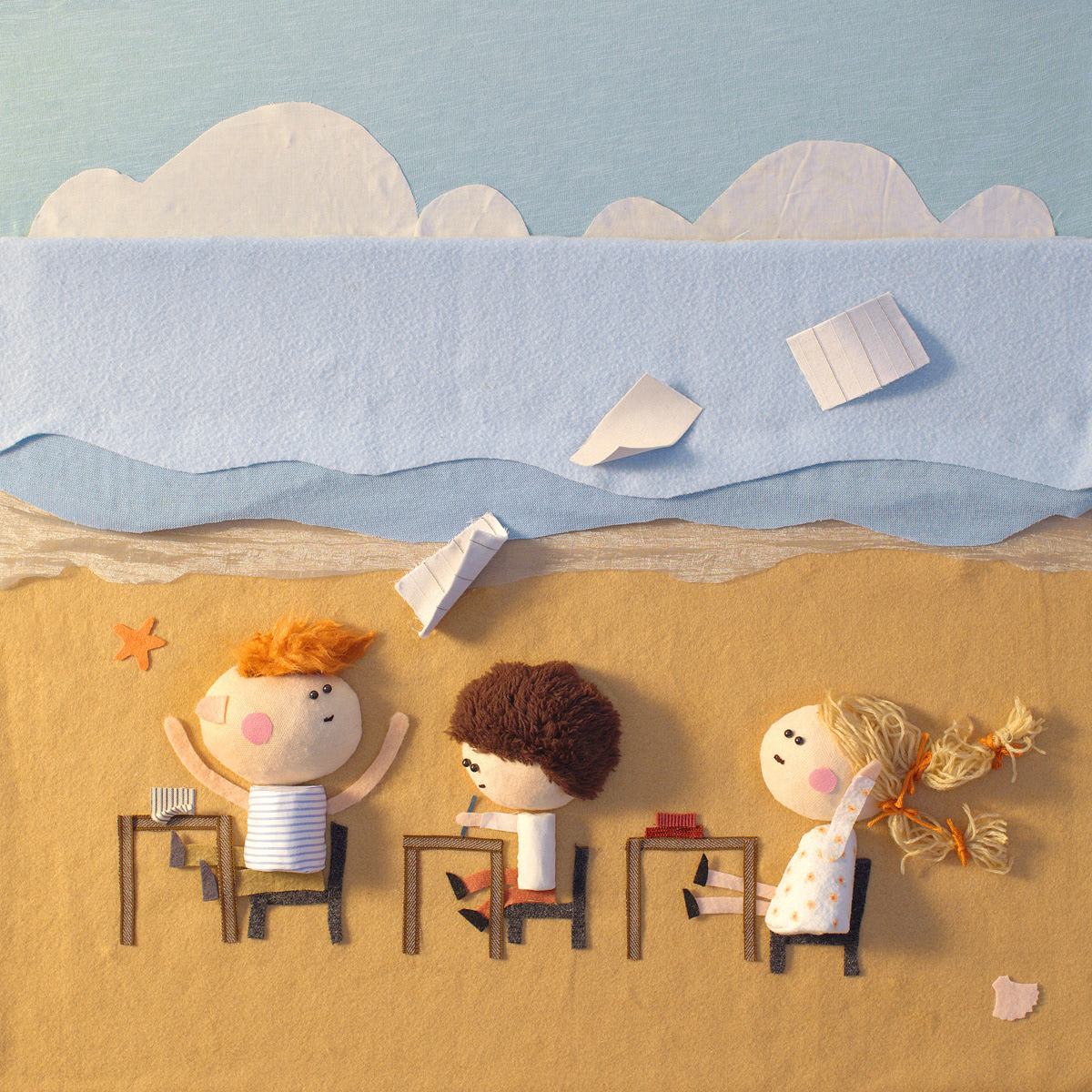
After a year of distance learning teachers in Spain decided to move lessons to the local beach. The children were socially distanced and in the fresh air, and the teachers used their proximity to the sea and islands to give object lessons in biology and geography.
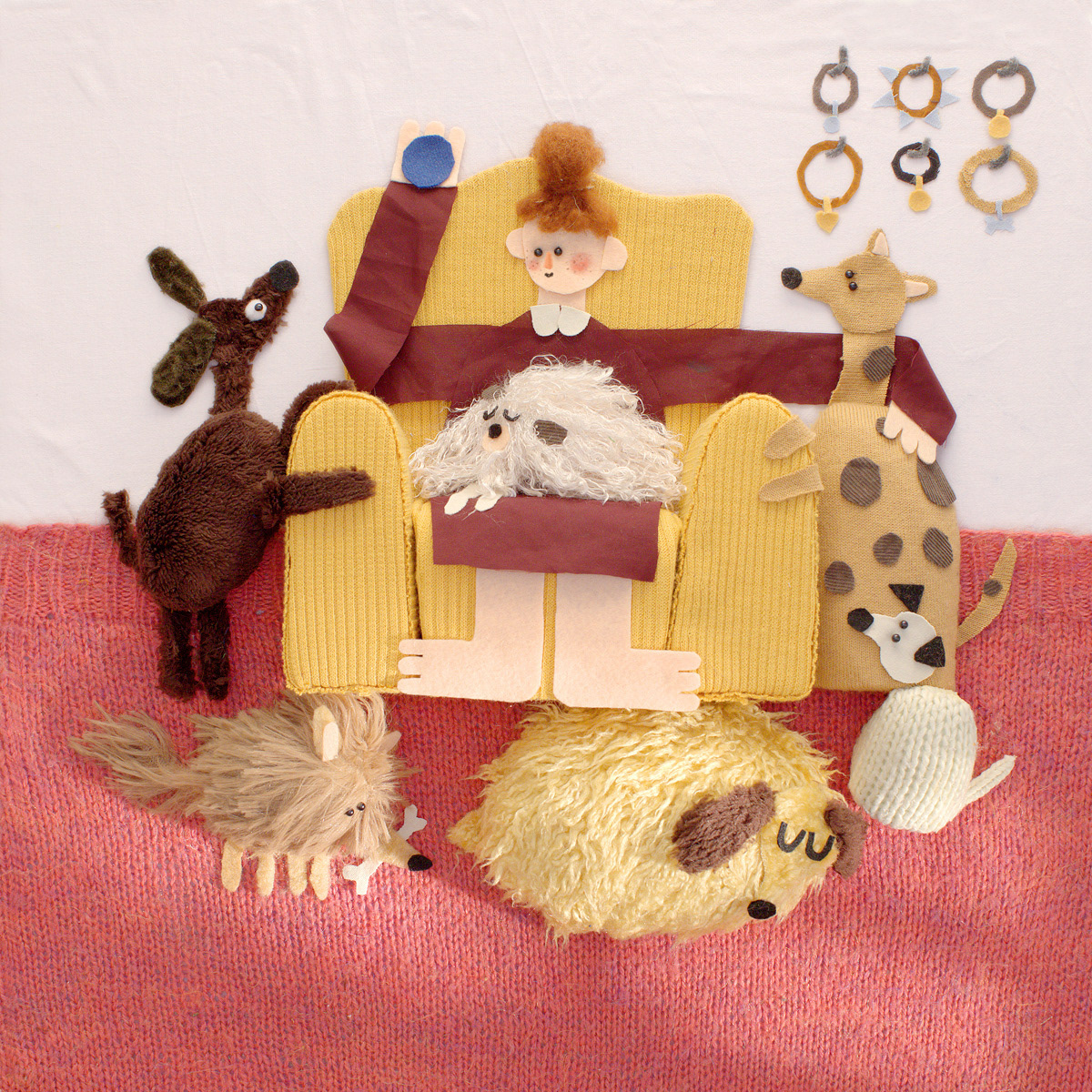
Many families adopted dogs during lockdown, leaving dog shelters almost empty. Lonely people in particular appreciated animal companionship which helped them overcome their fear of the pandemic and made them feel safer.

Orphaned children in Montreal have been making daily visits to retirement homes, spending time with the residents and for cross-generational learning.
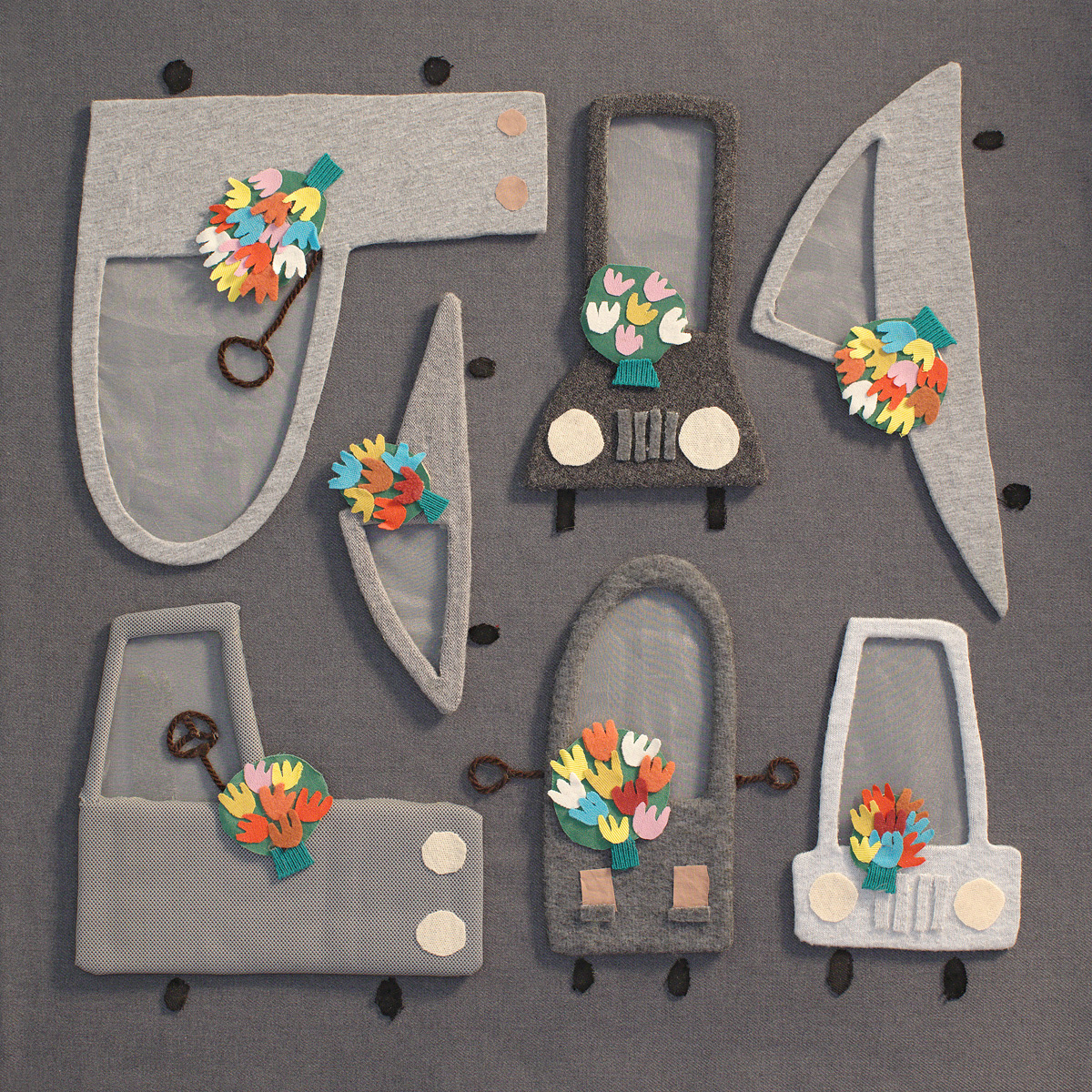
A French florist left bright bunches of flowers on cars parked outside a hospital to thank healthcare workers.
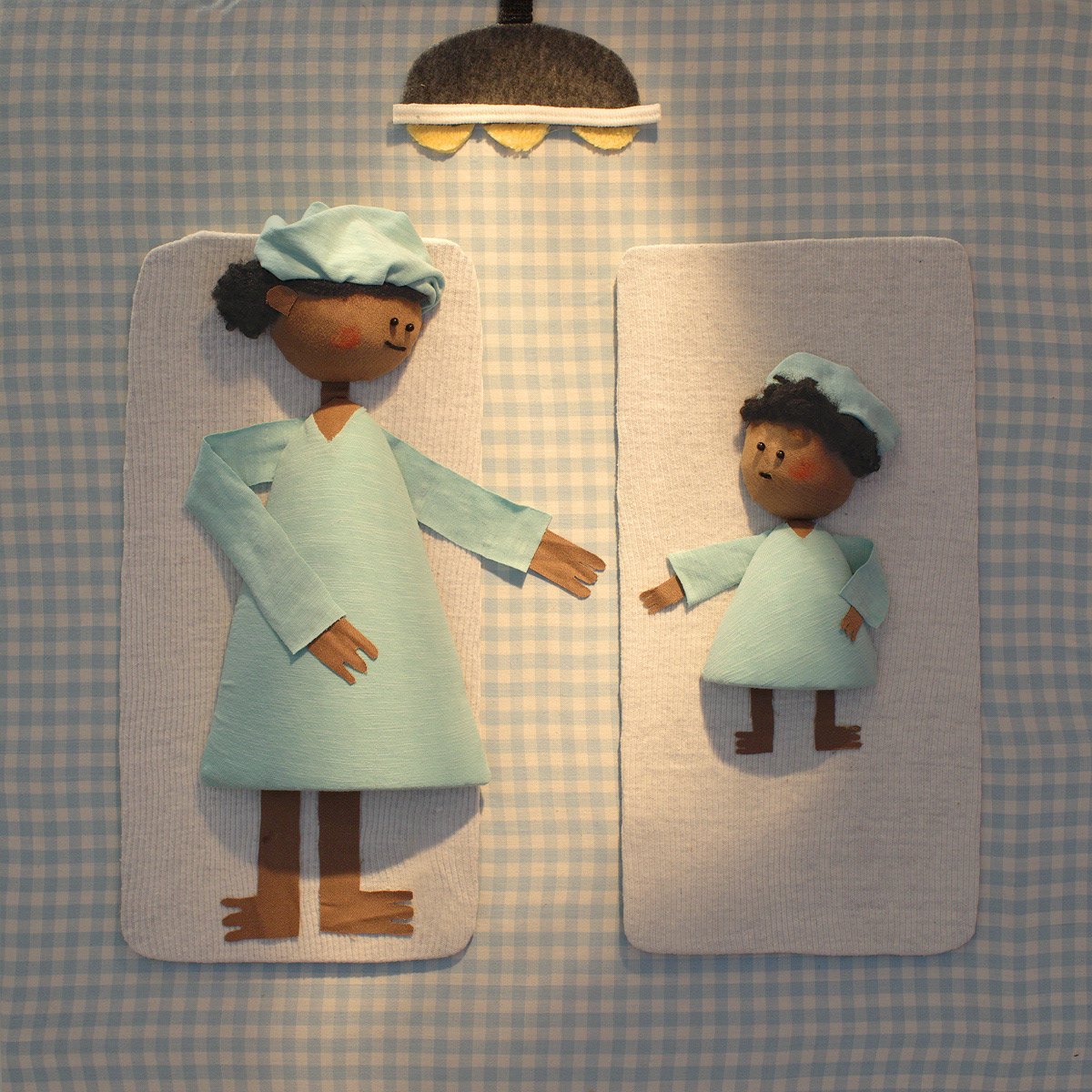
When the 11-day war between Israel and Palestine ended, an Israeli kindergarten teacher donated a kidney to a three-year-old boy from the Gaza Strip.
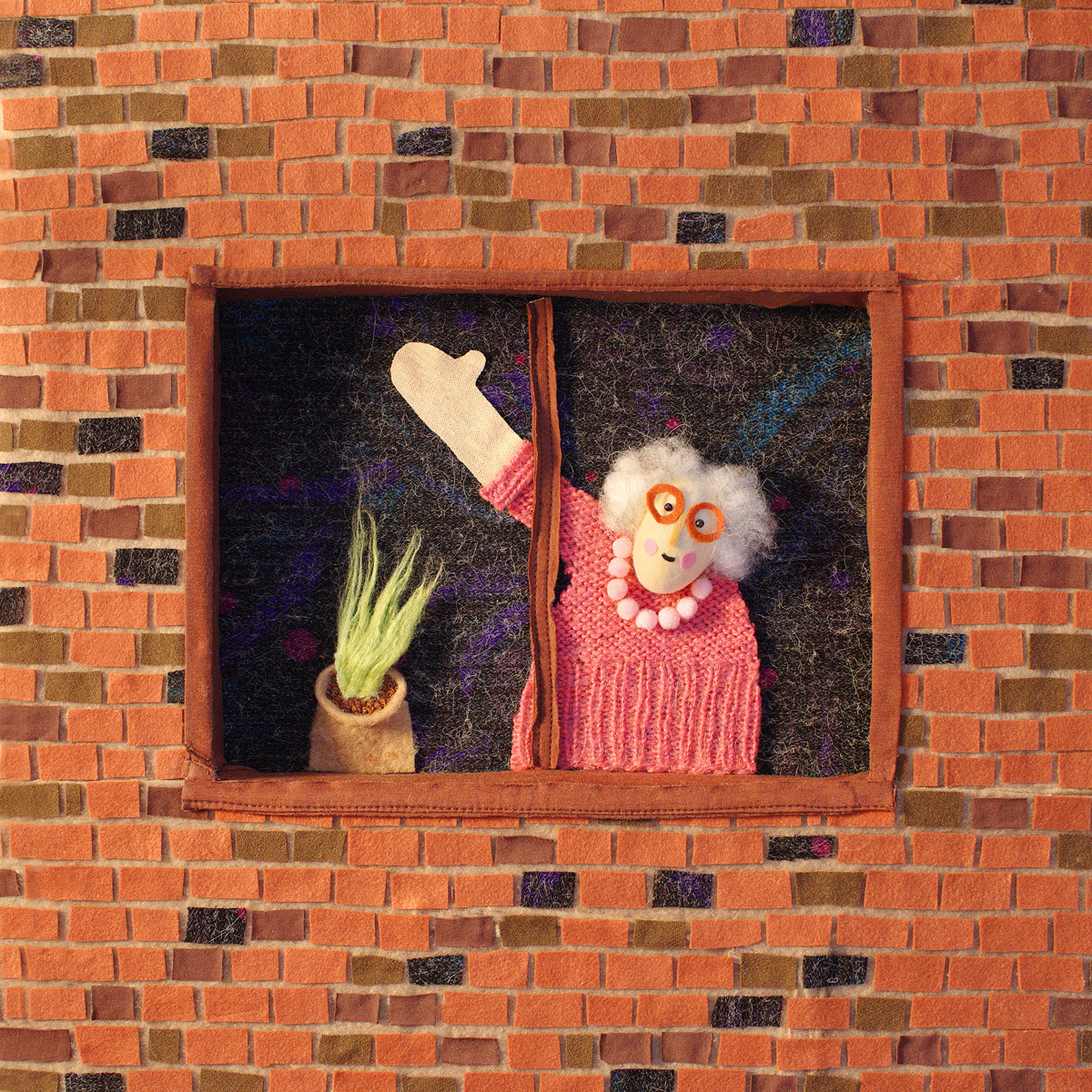
For many years an elderly lady in Comox, Canada, used to wave to students on their way to school. The day she was due to move to a retirement home, hundreds of students gathered outside her house to say goodbye.
